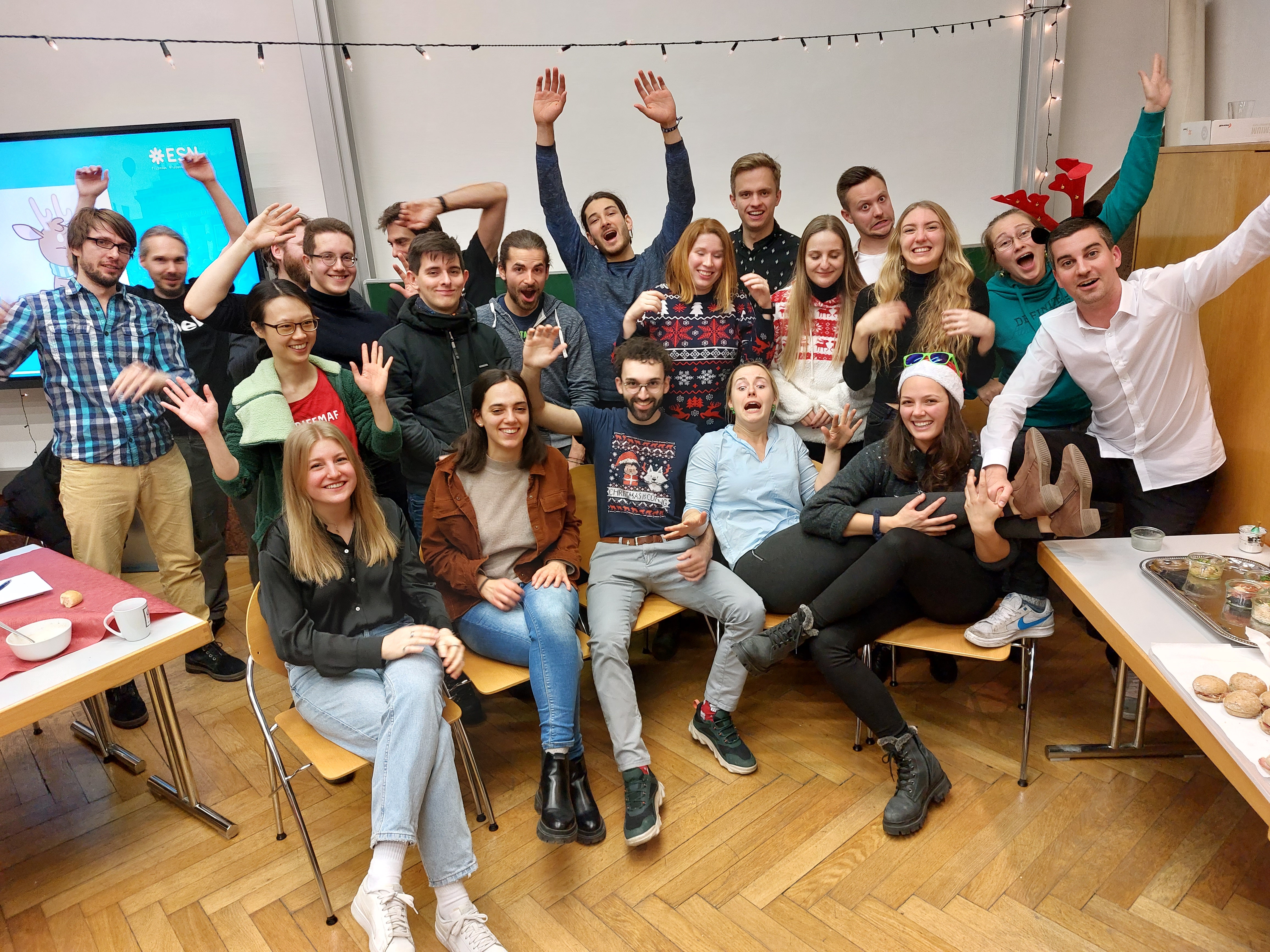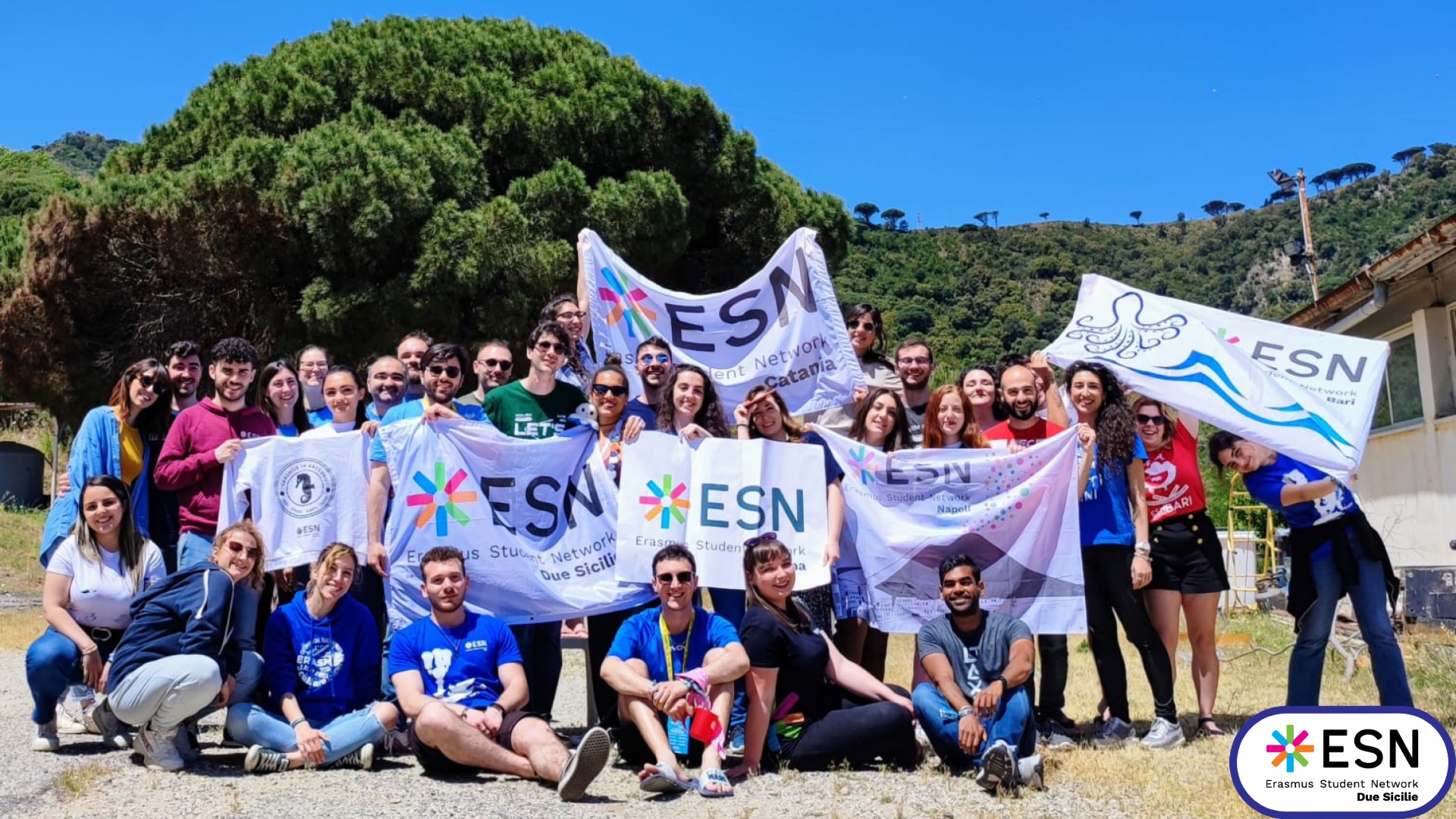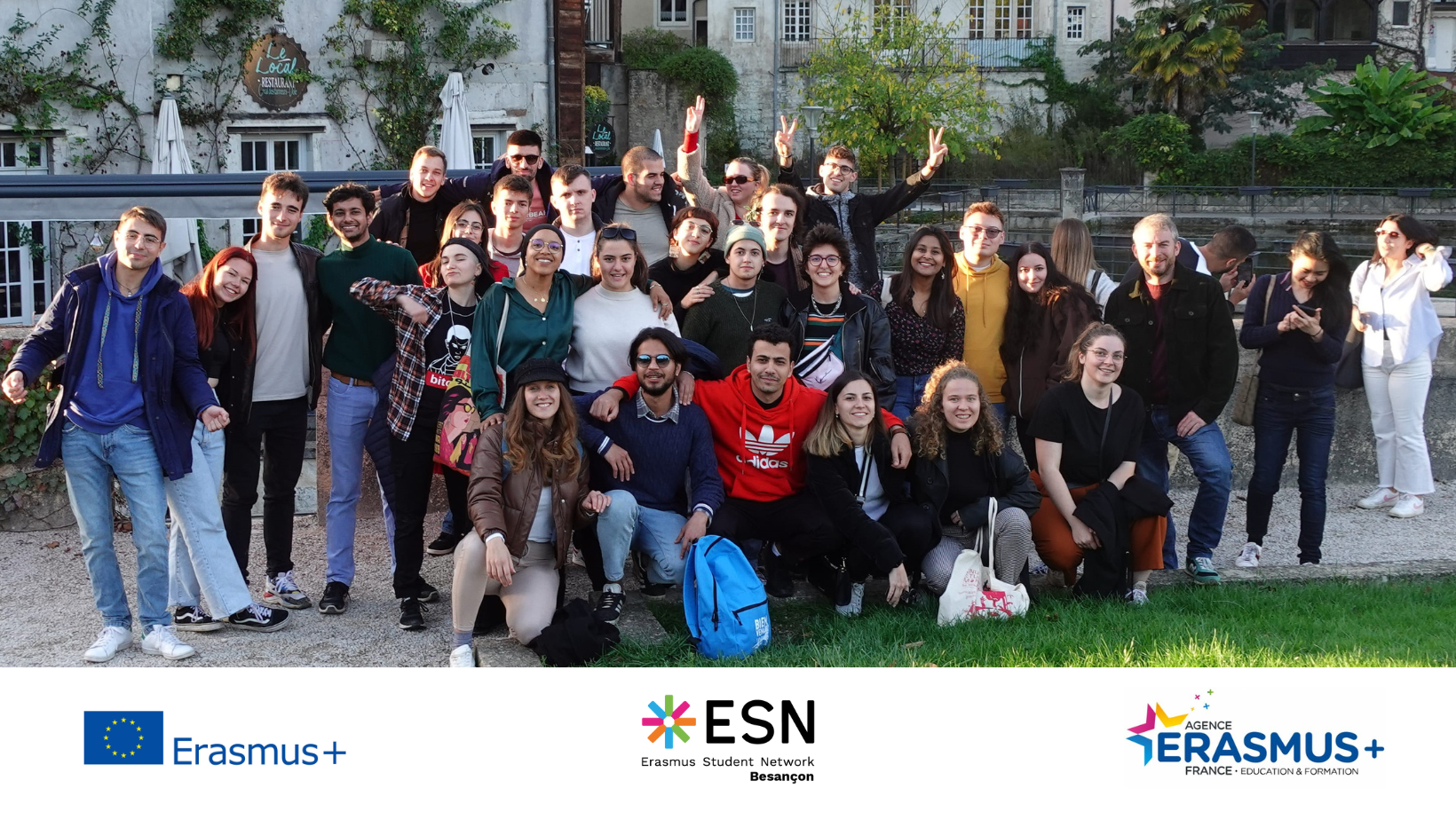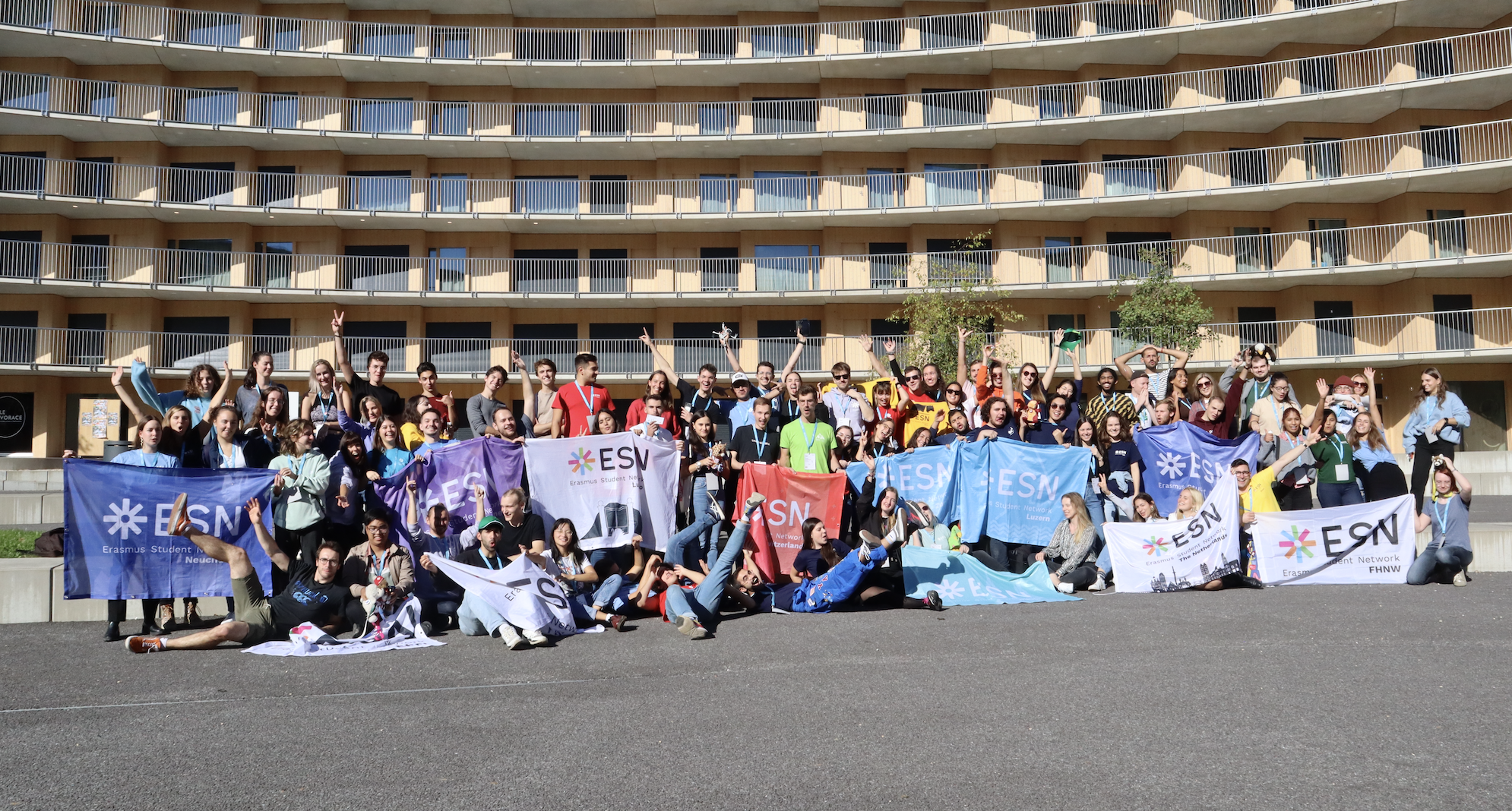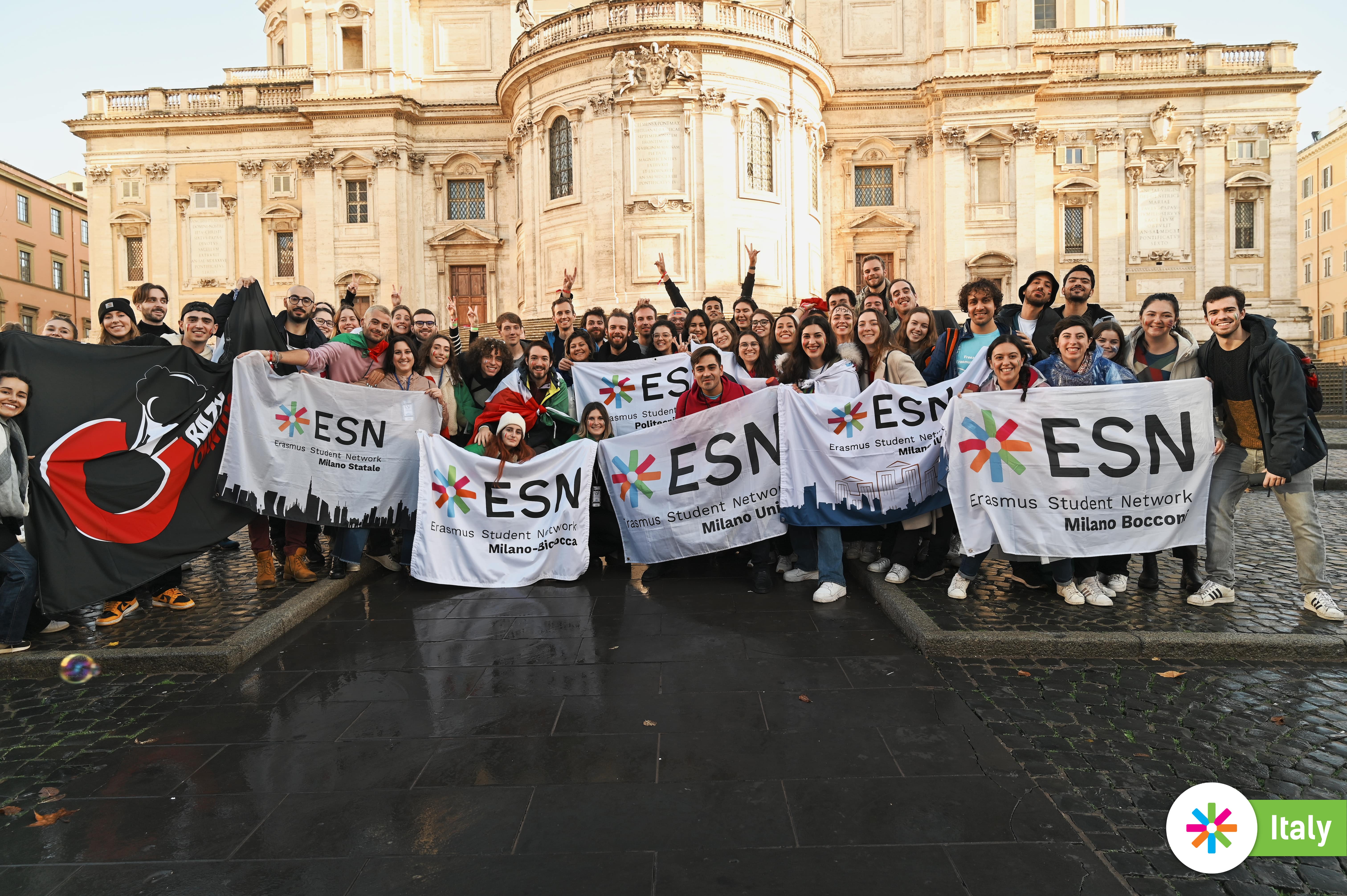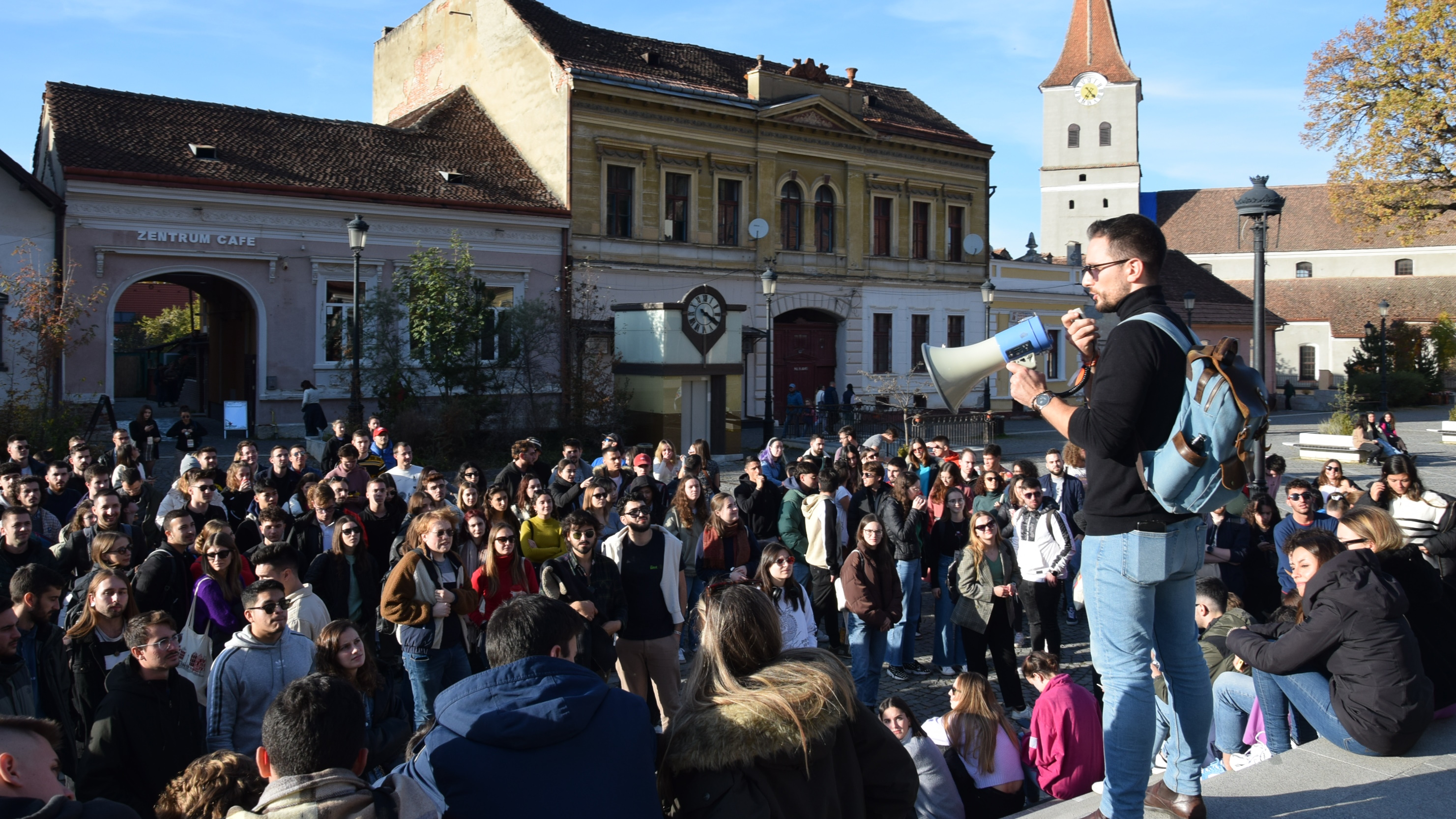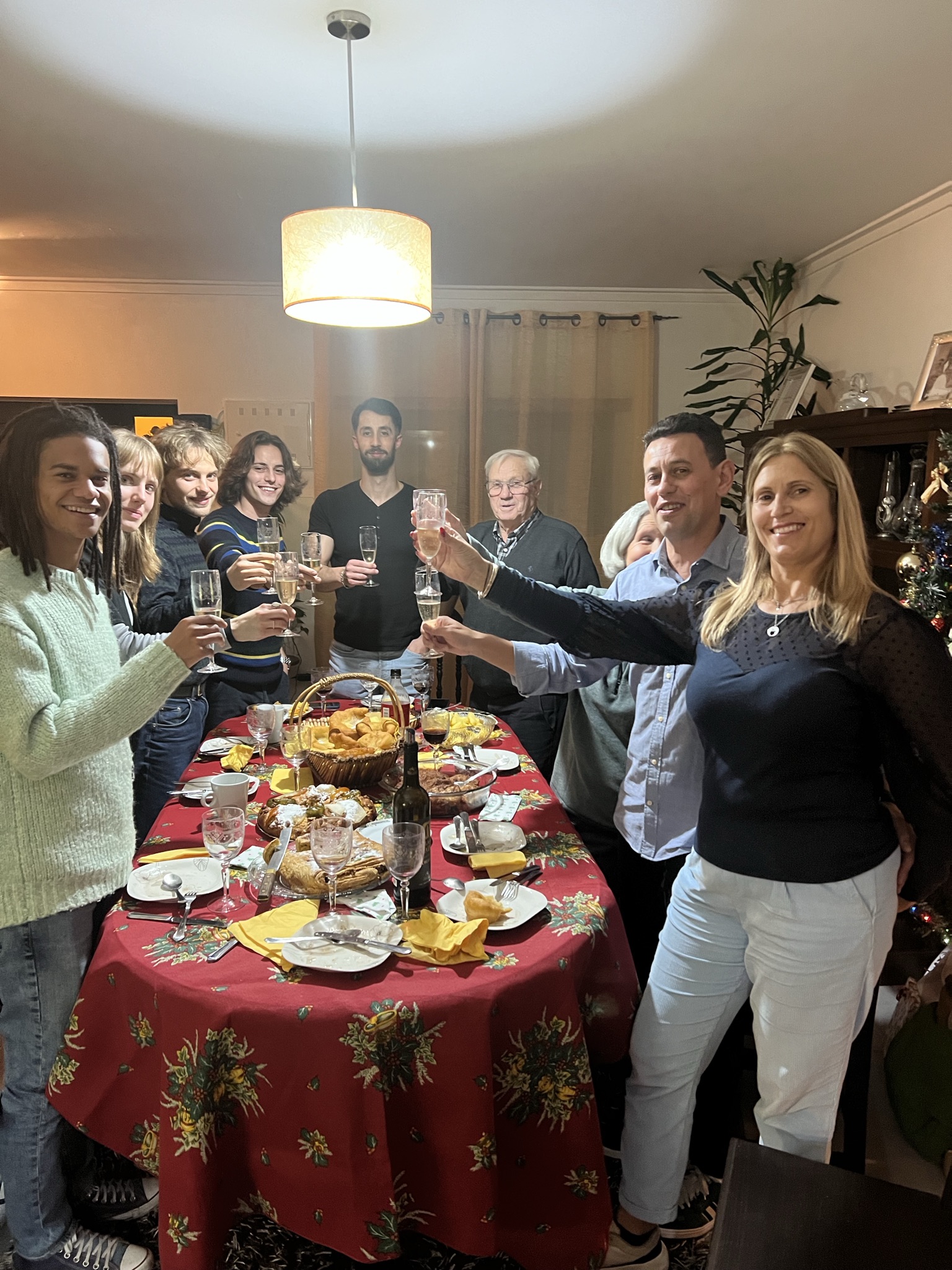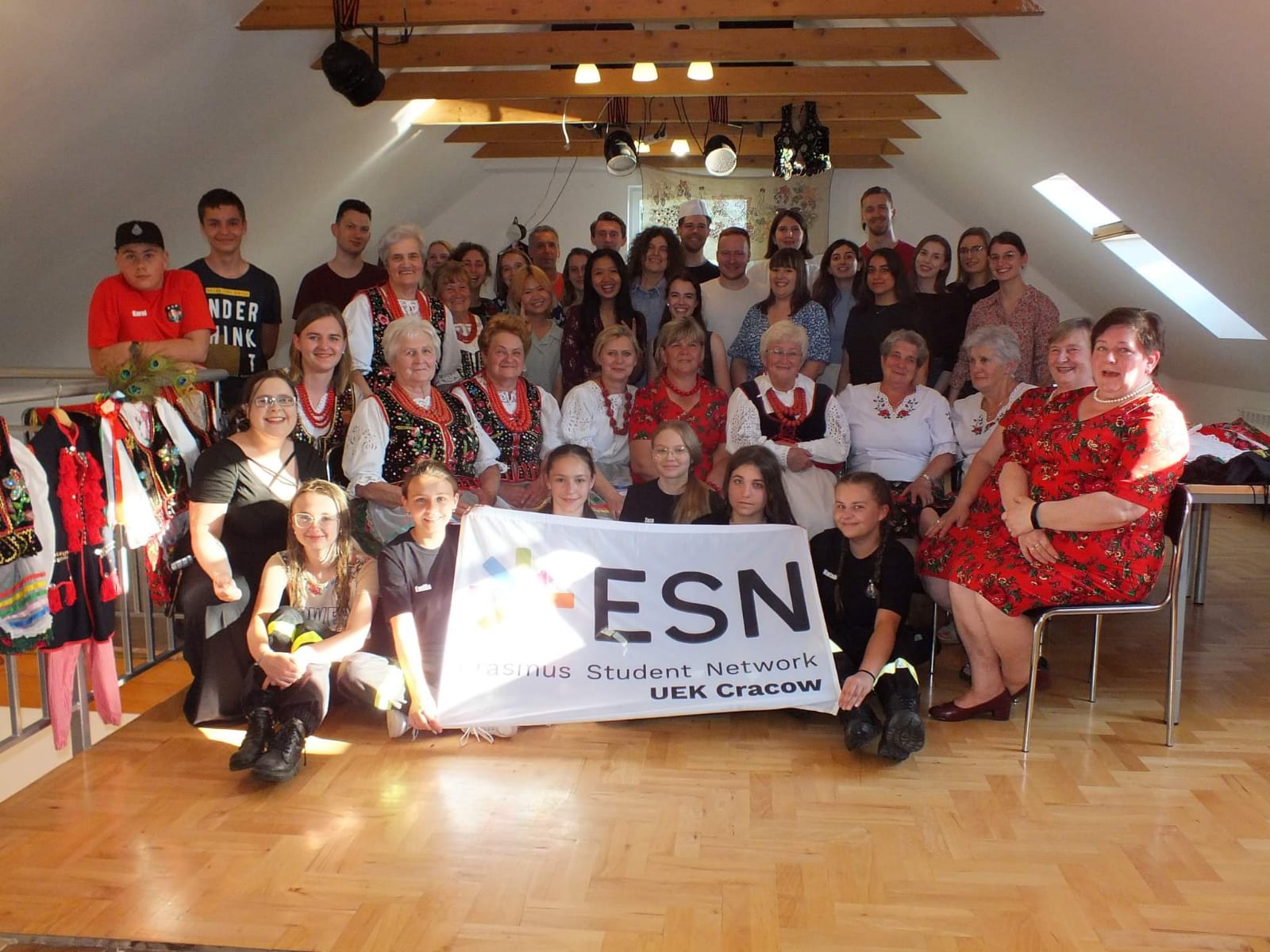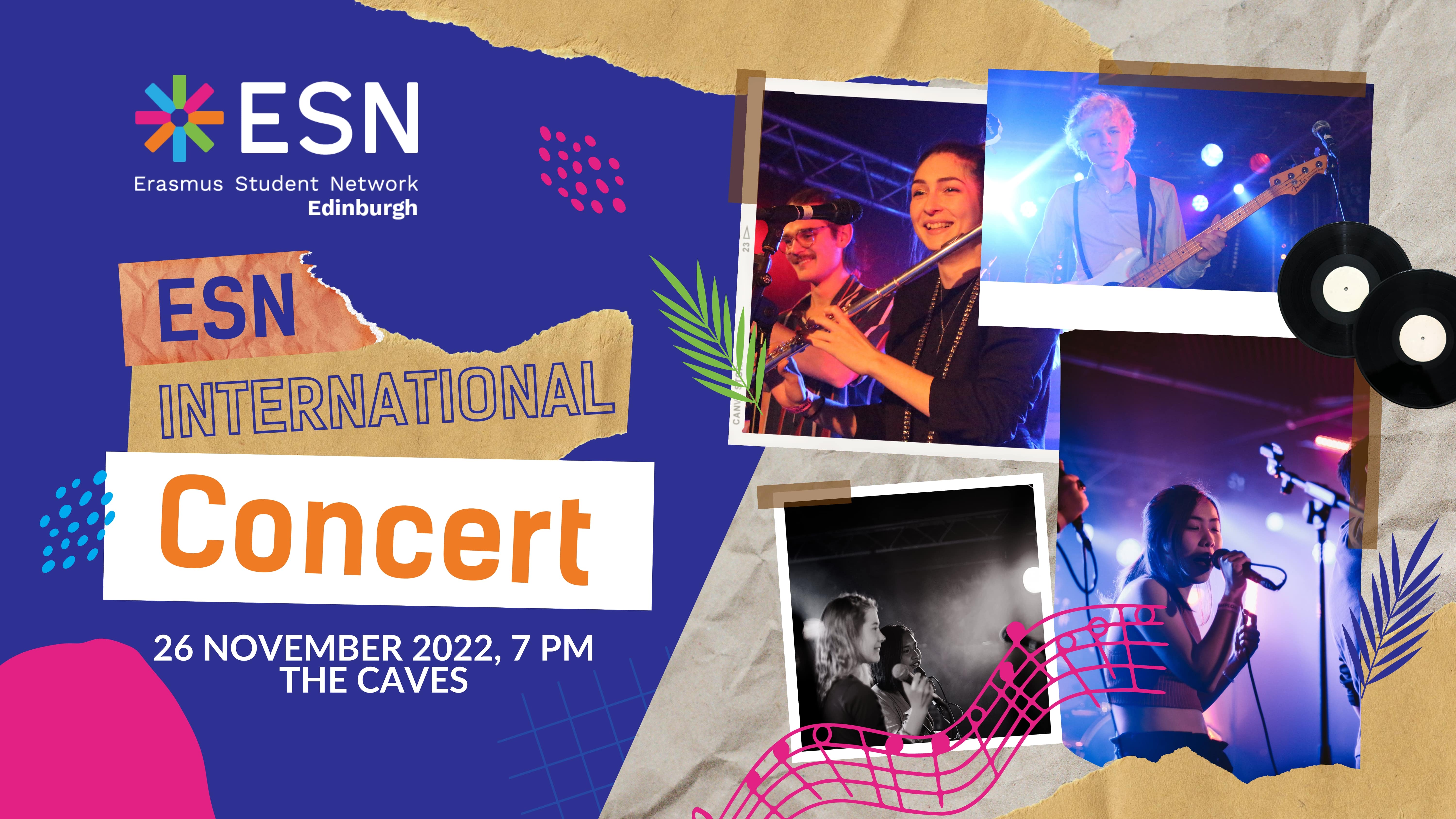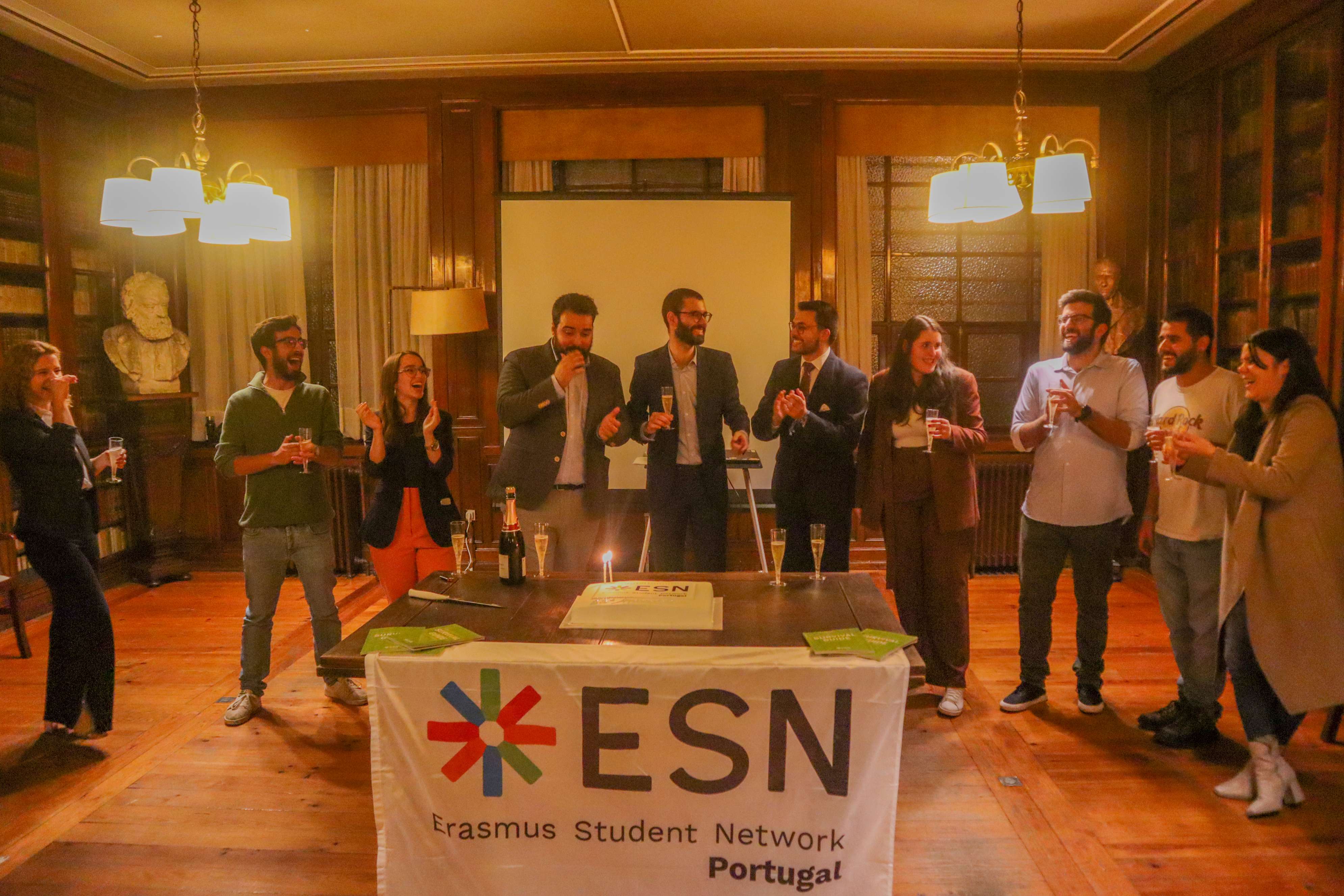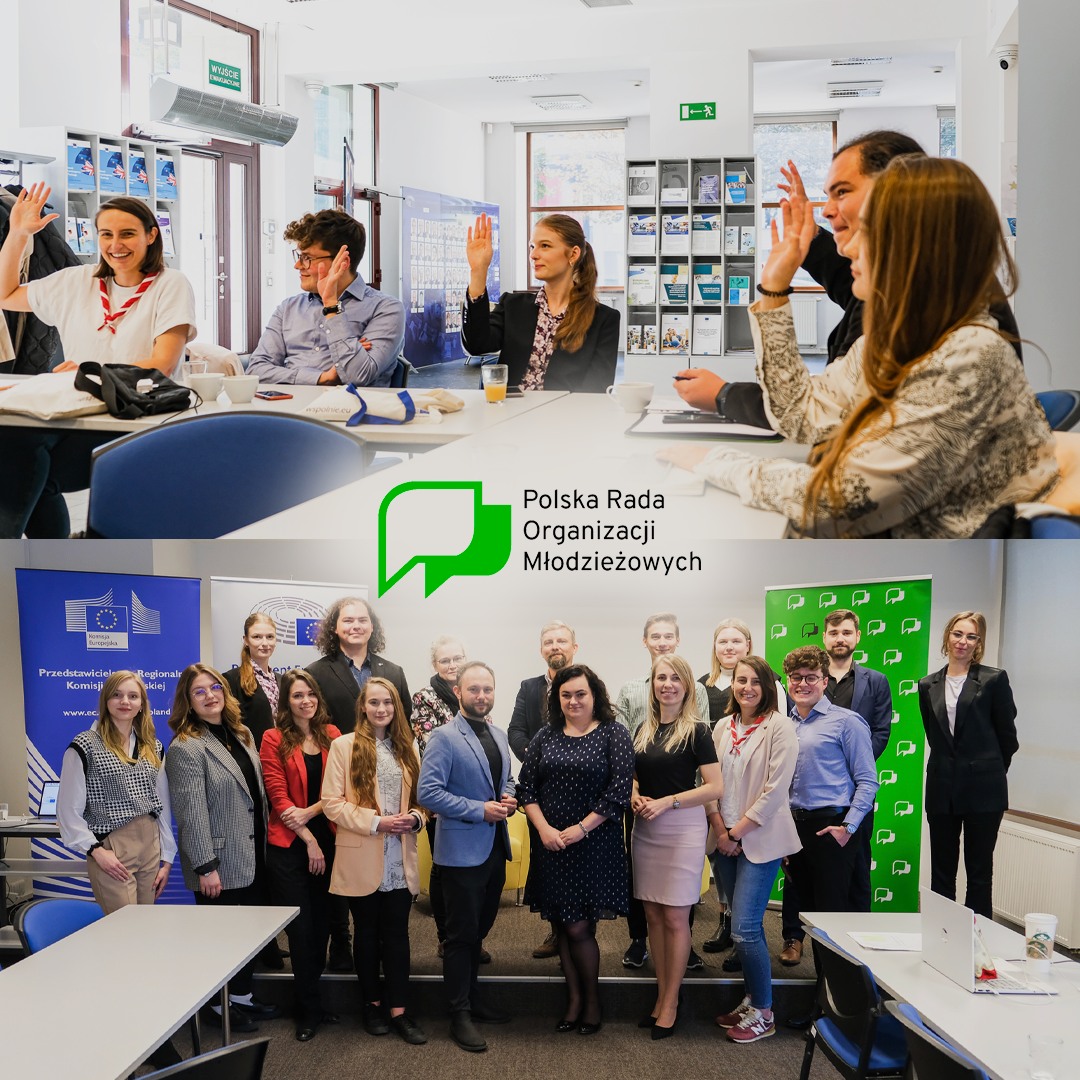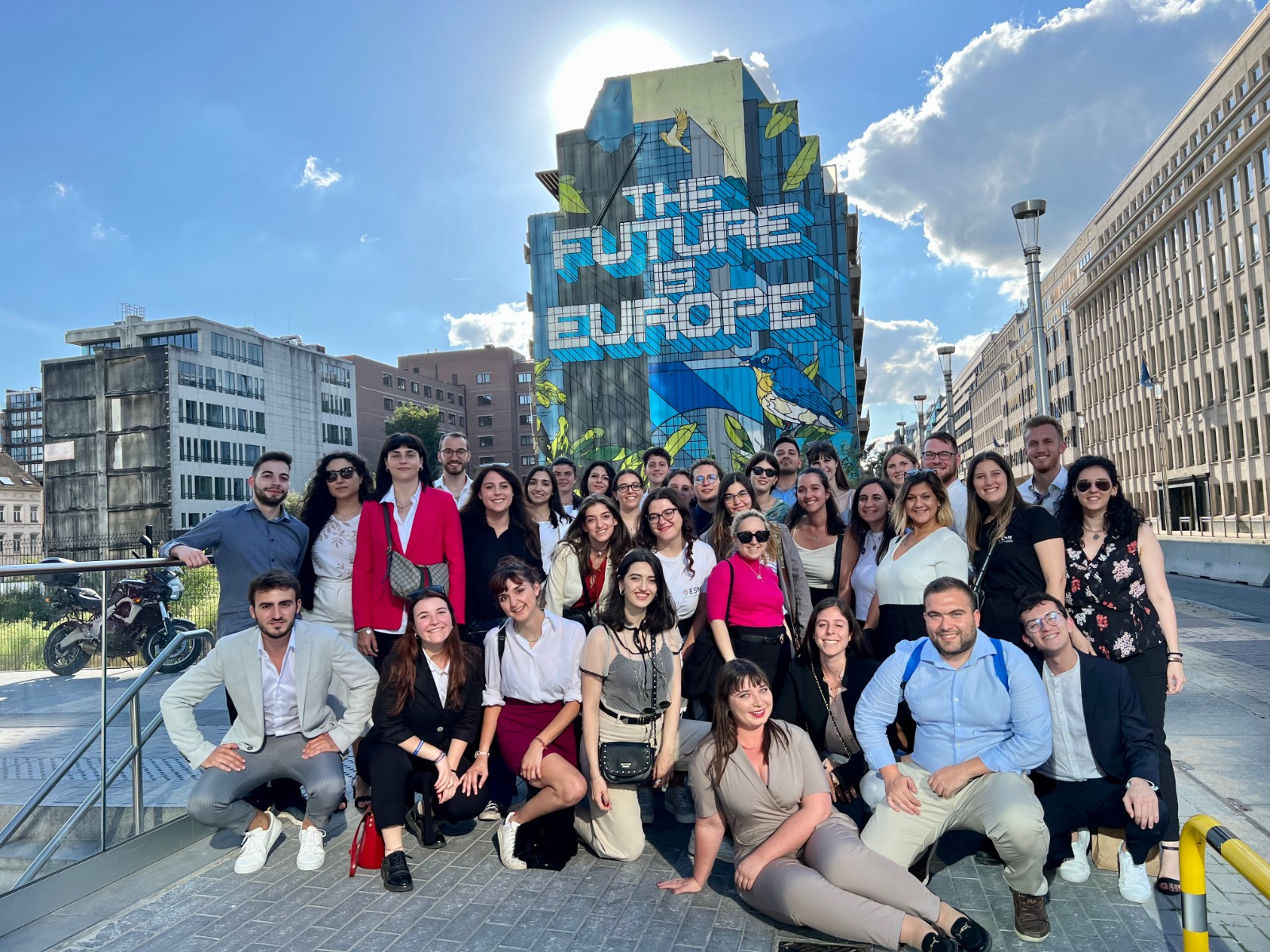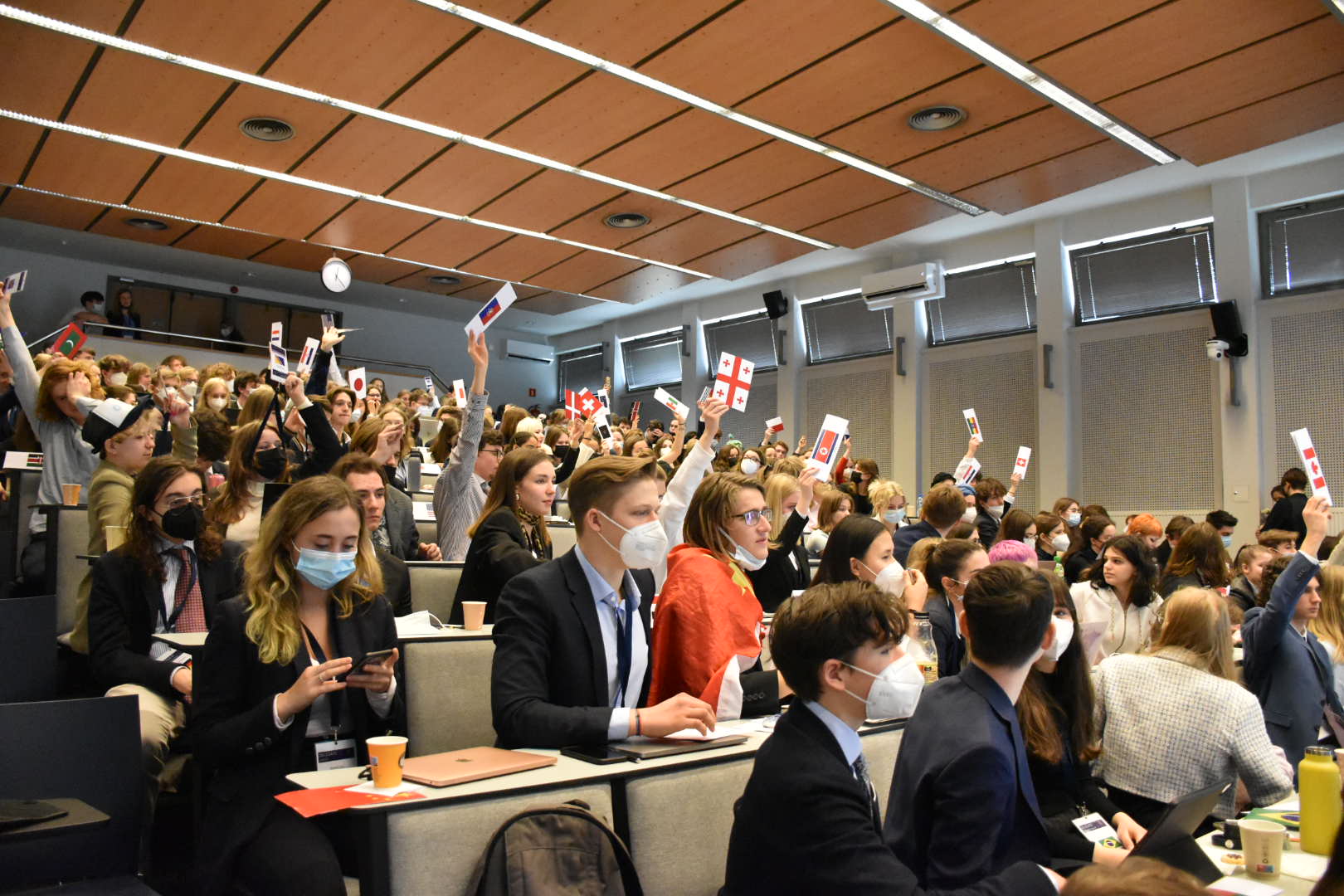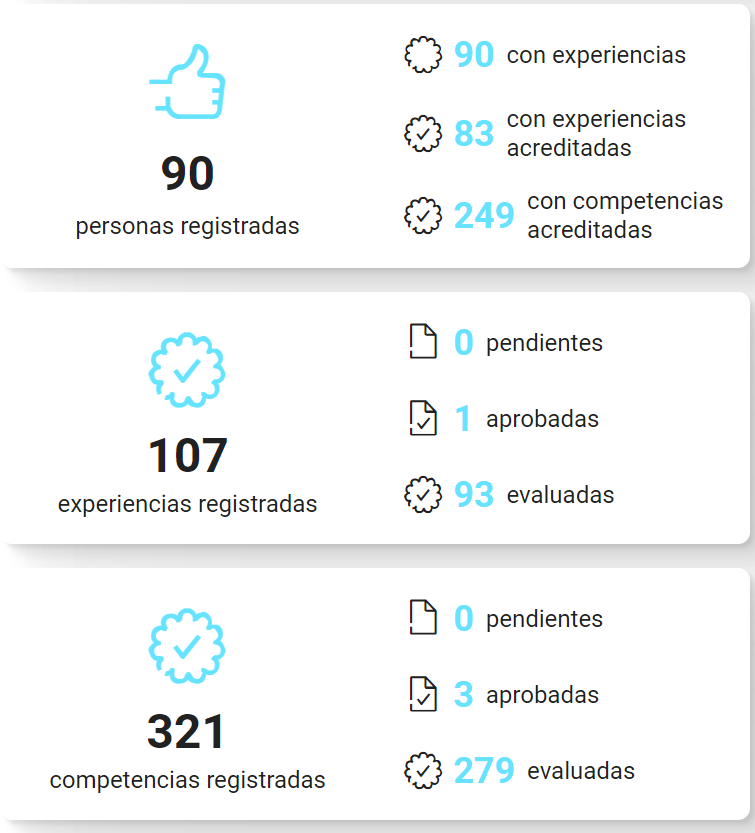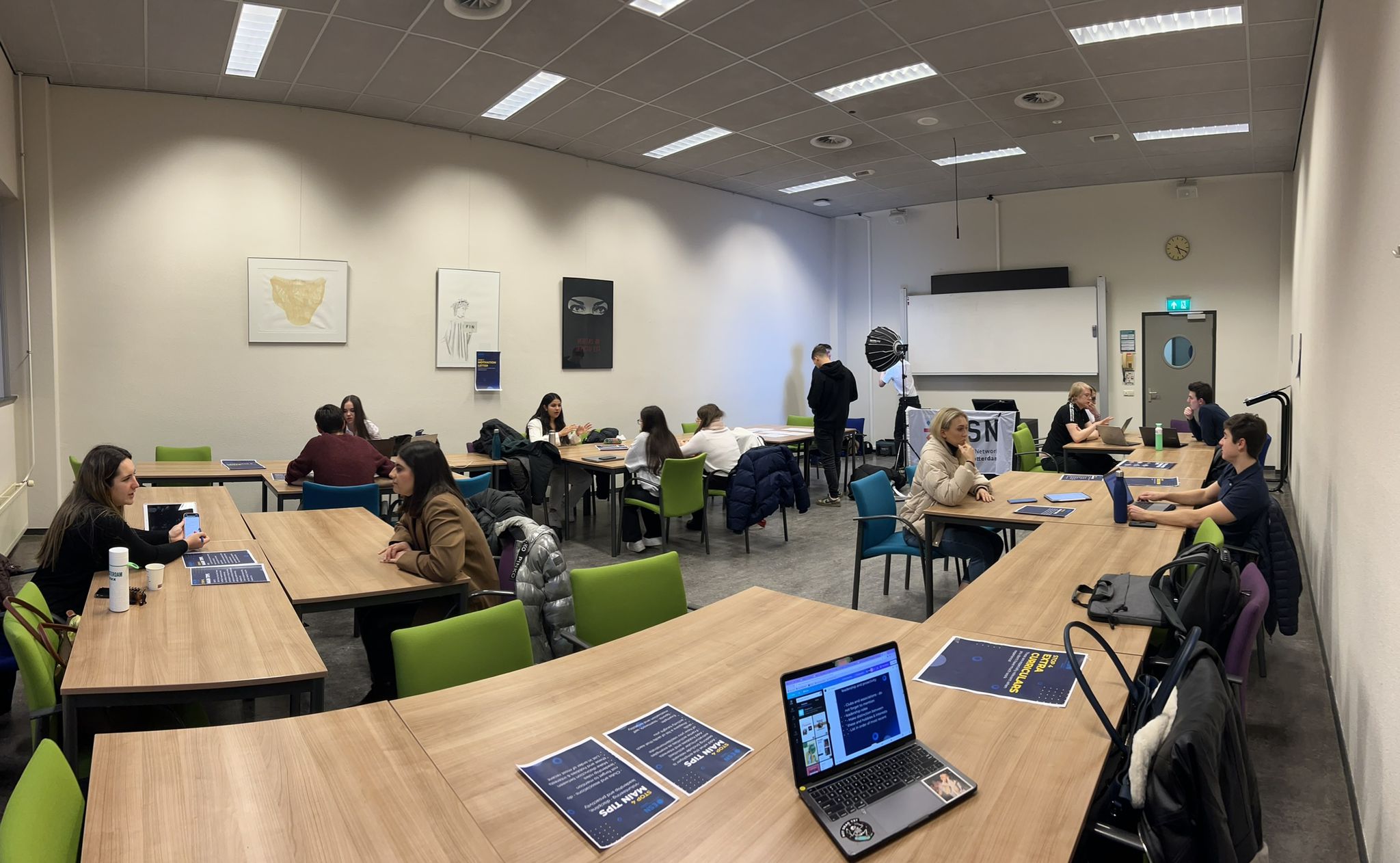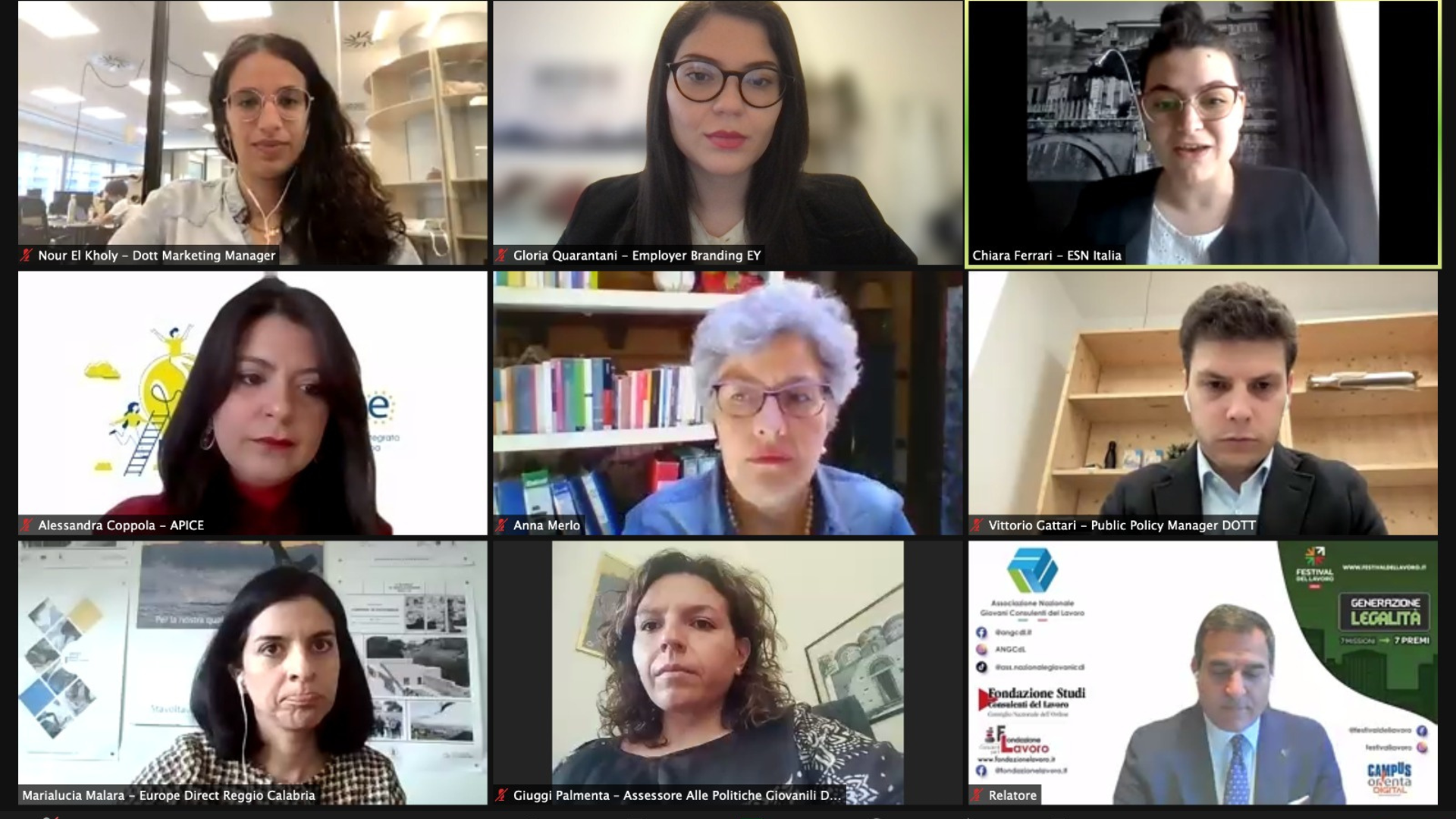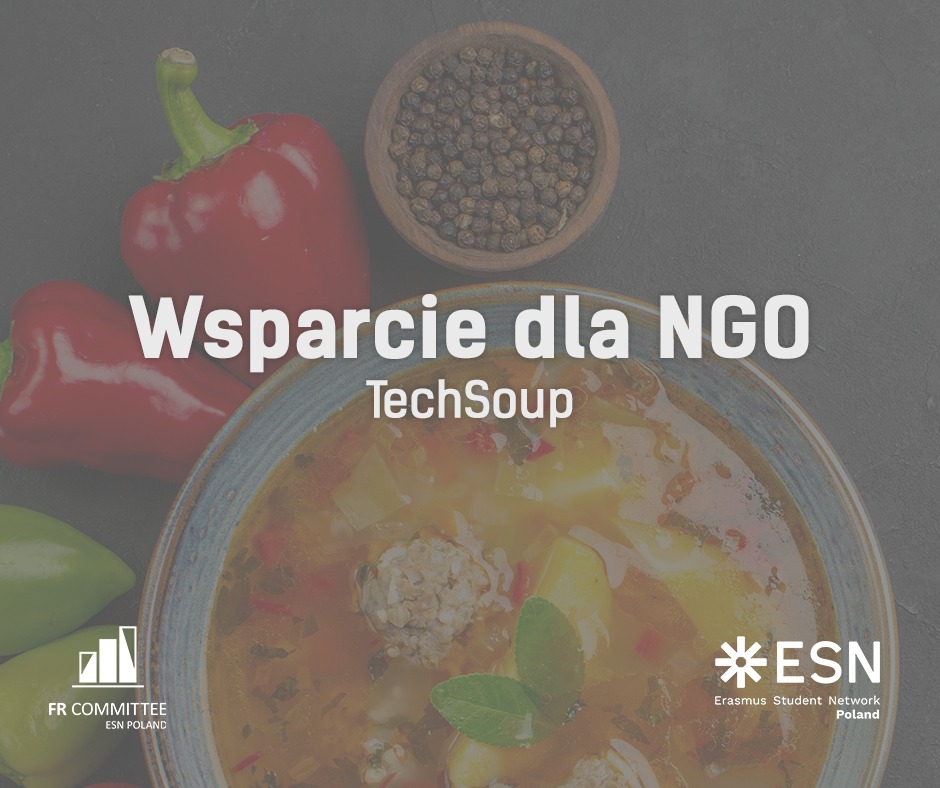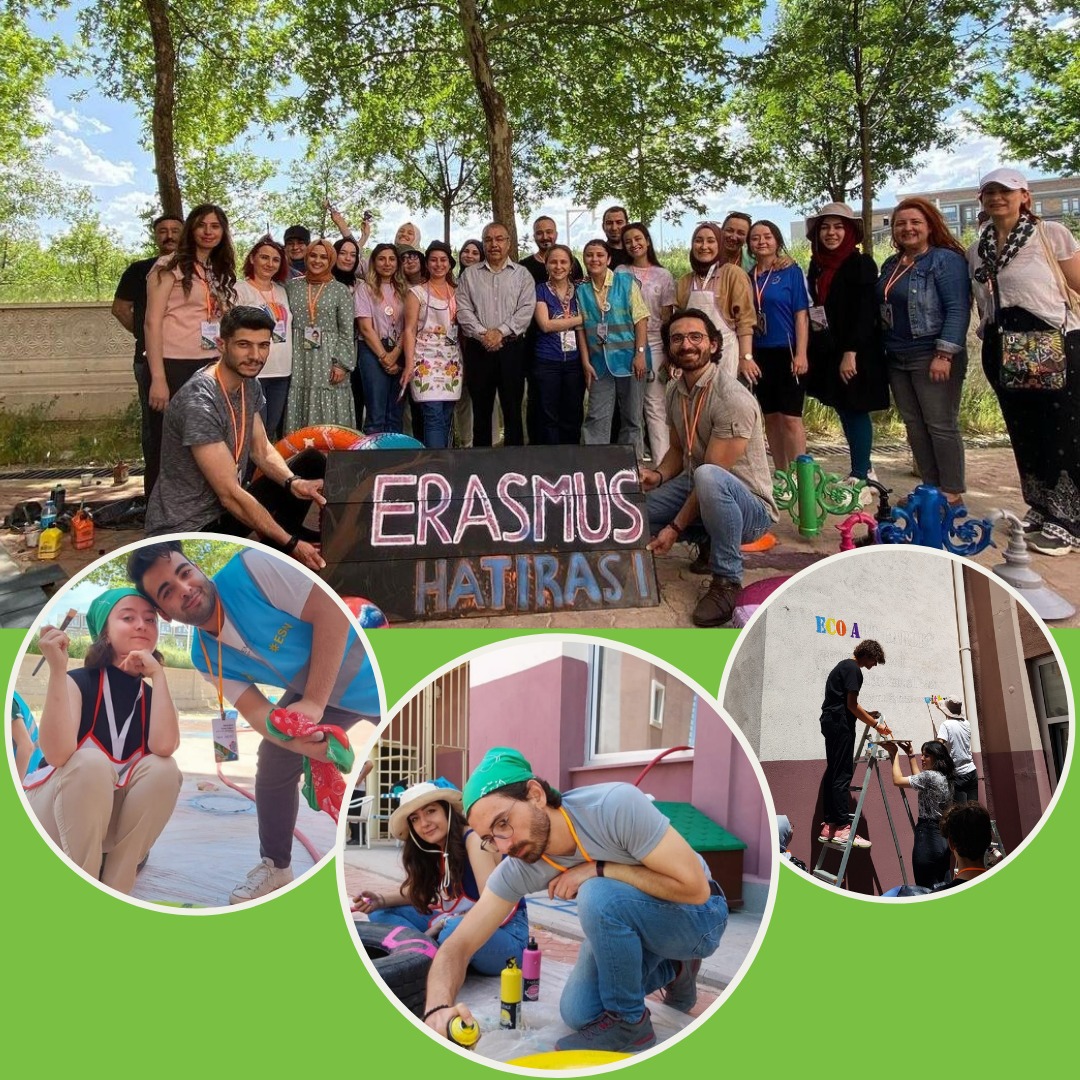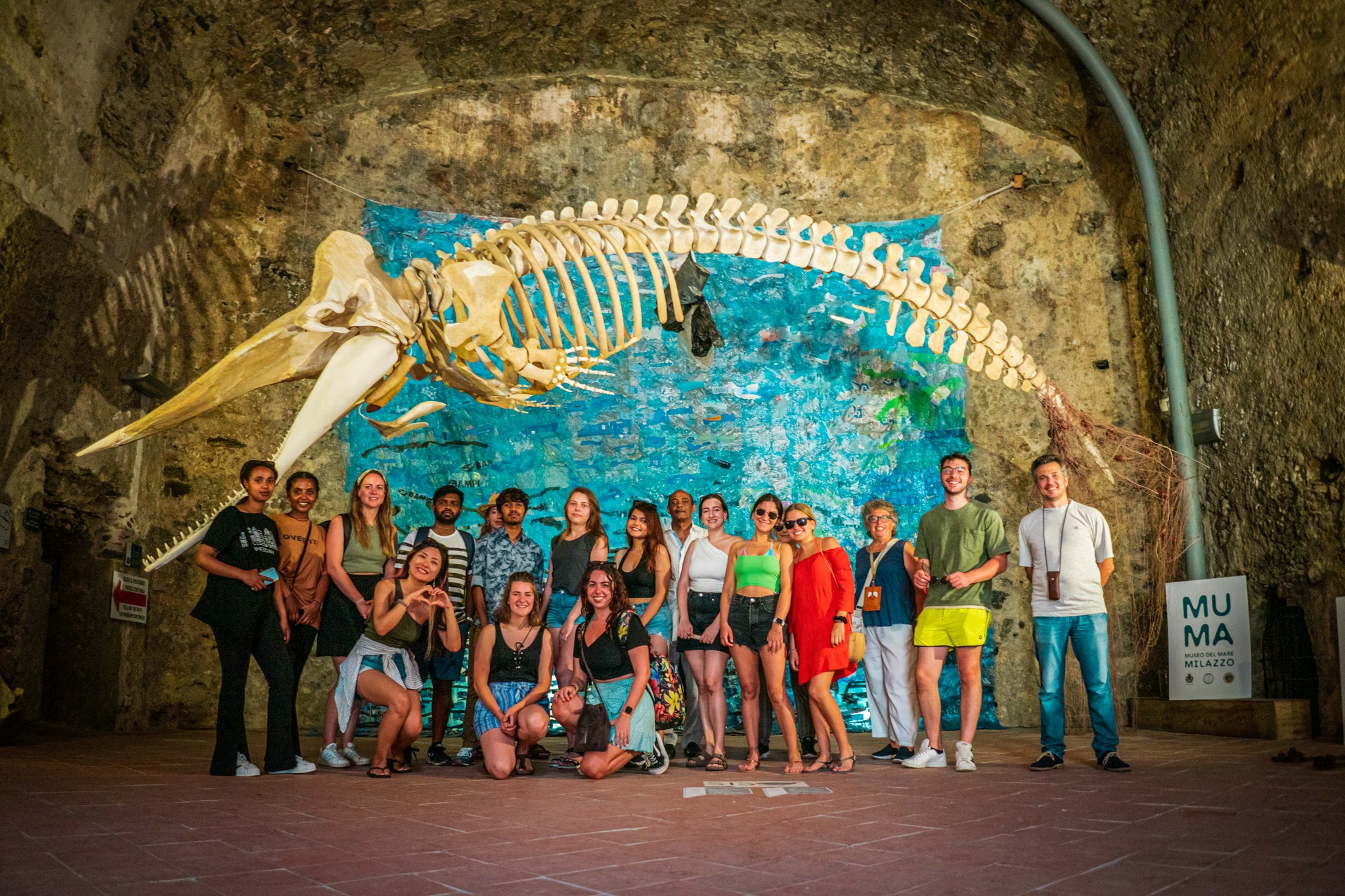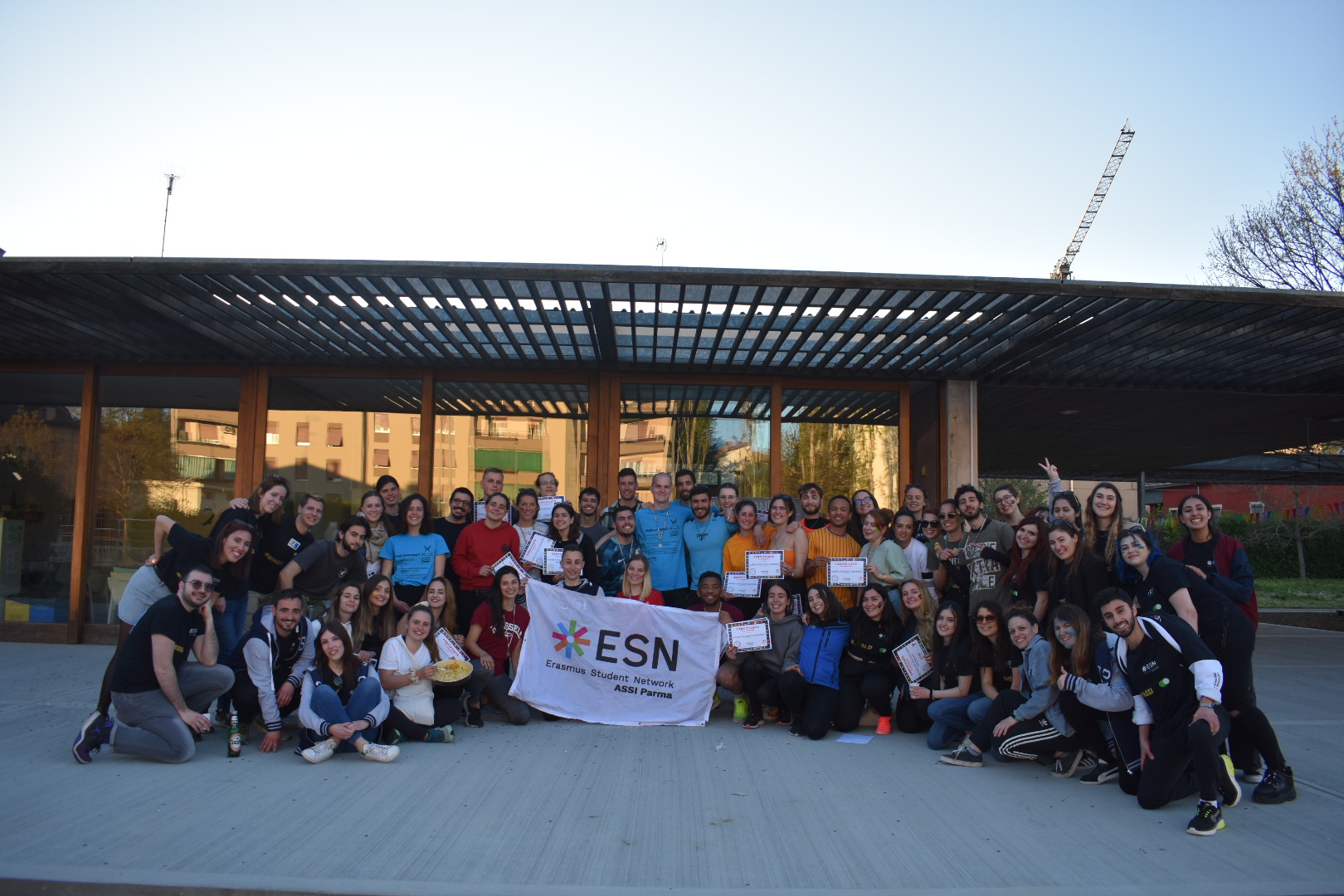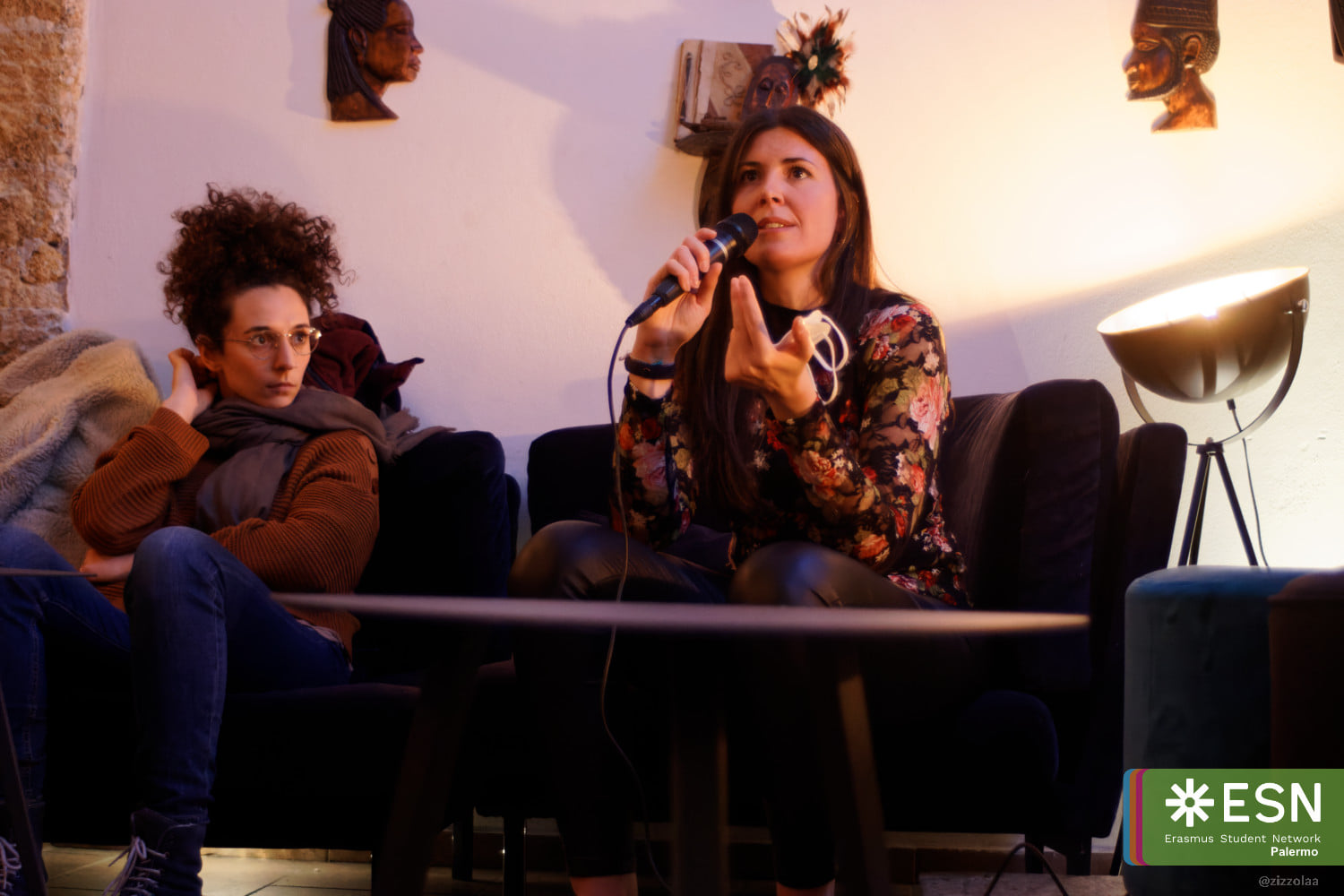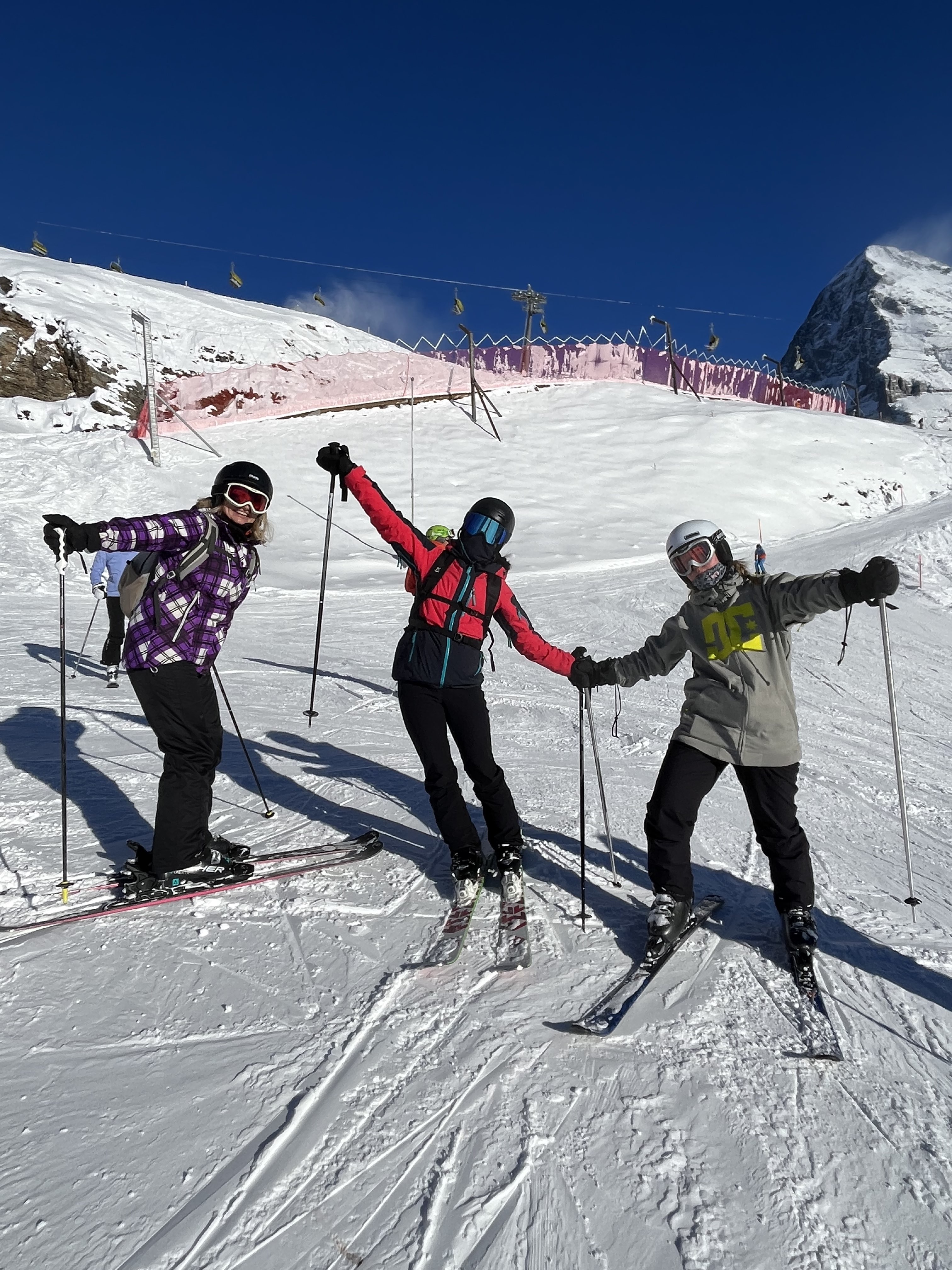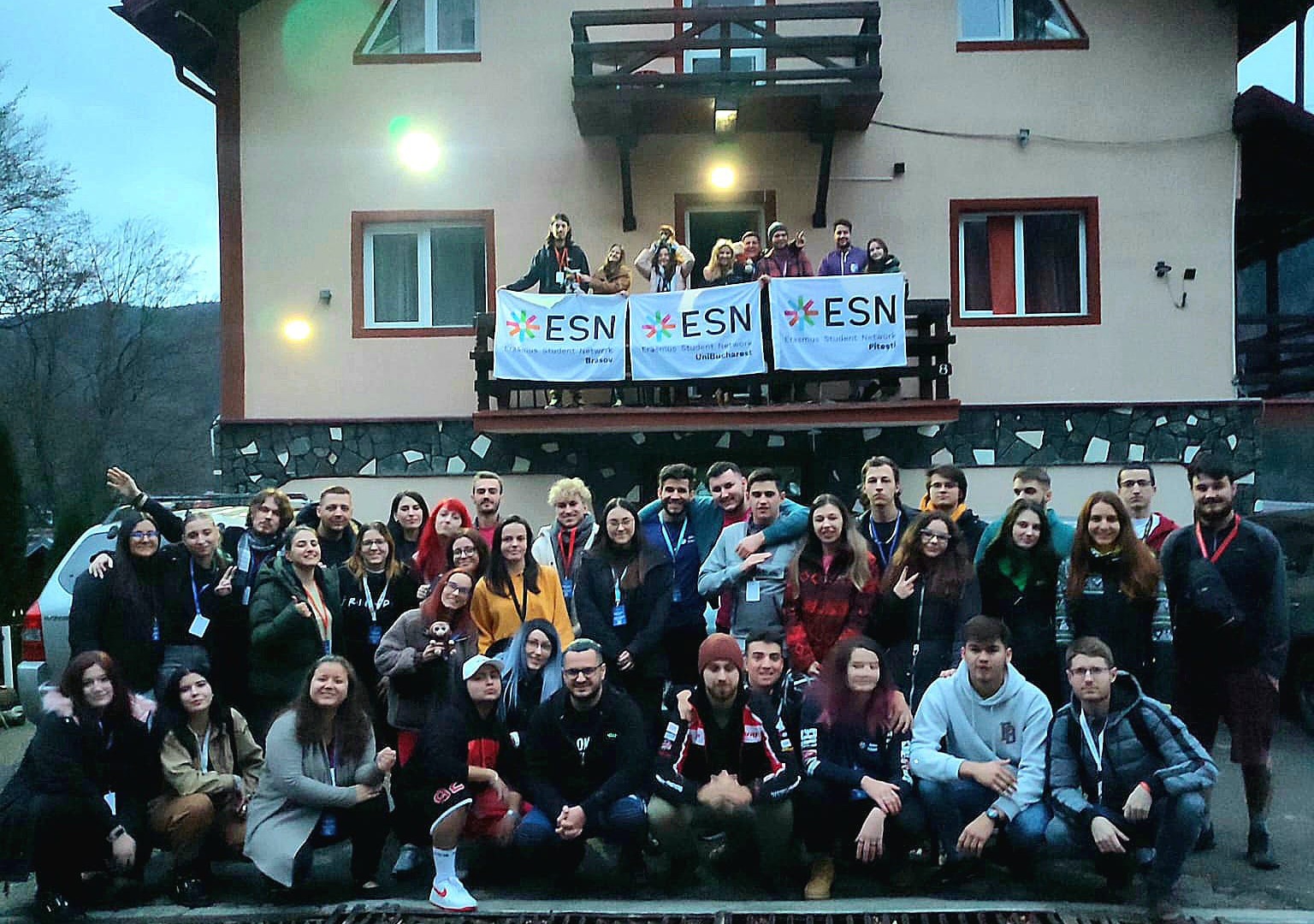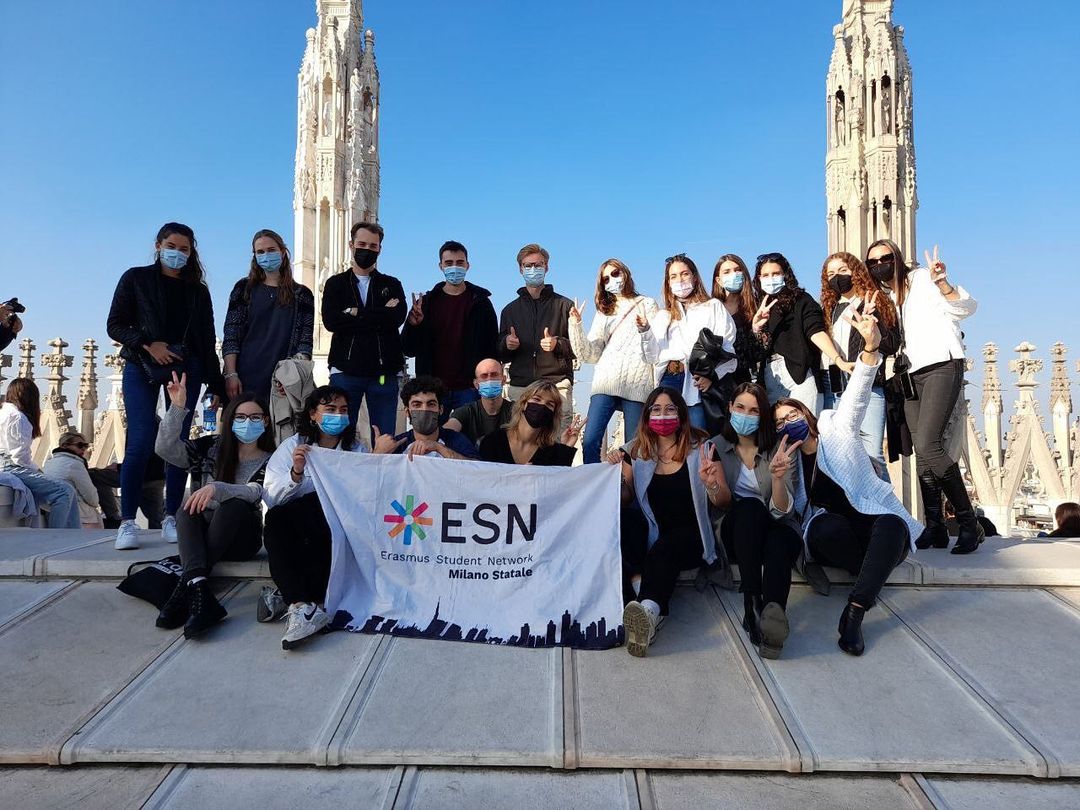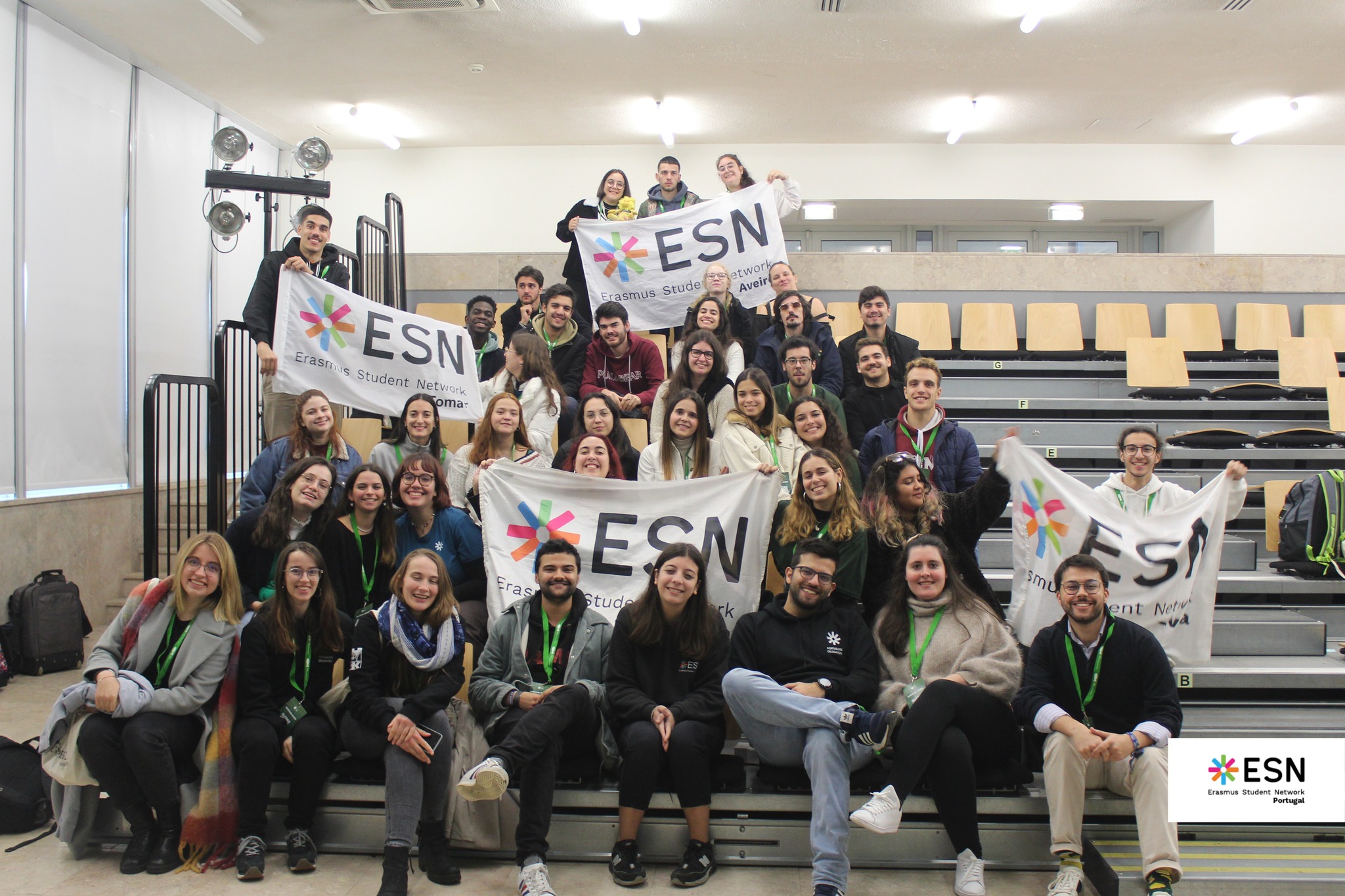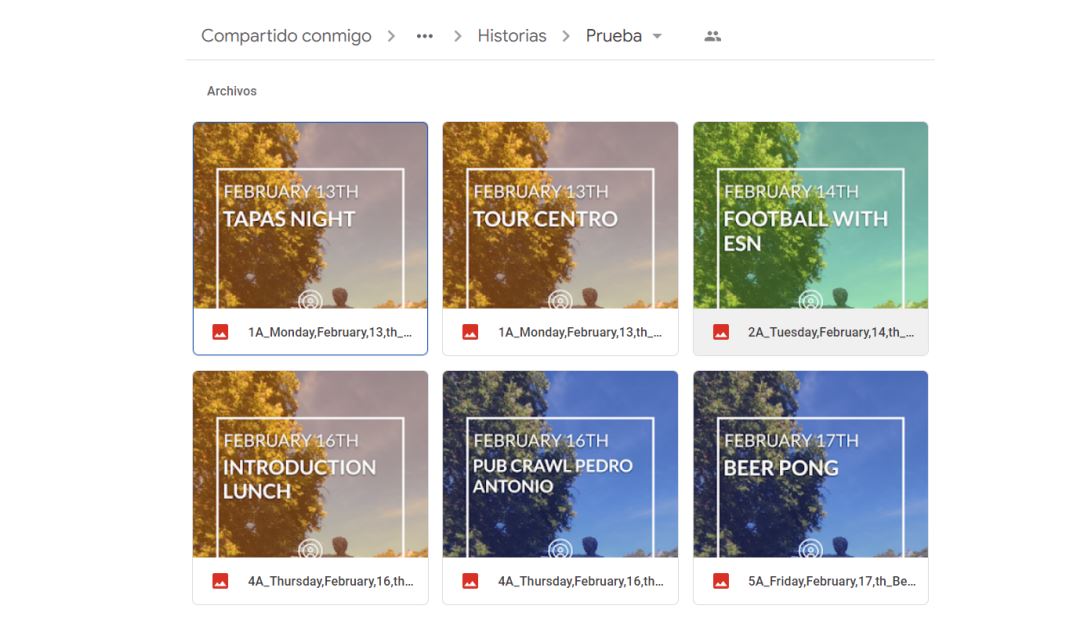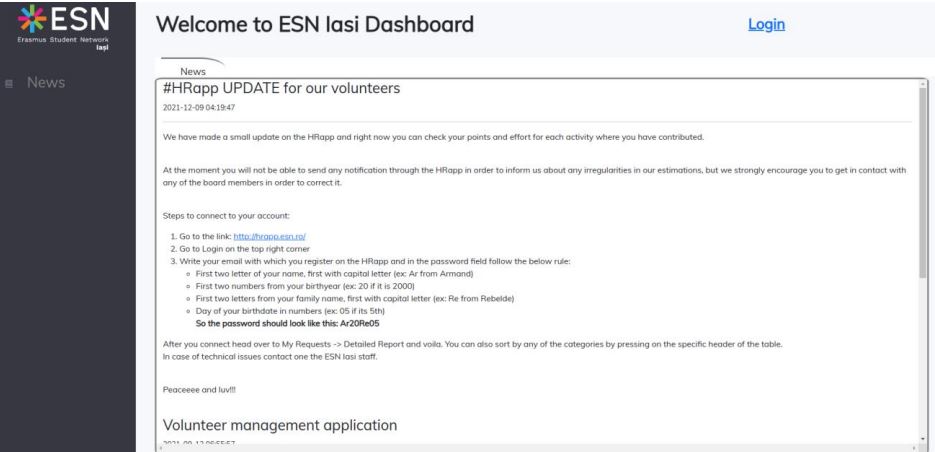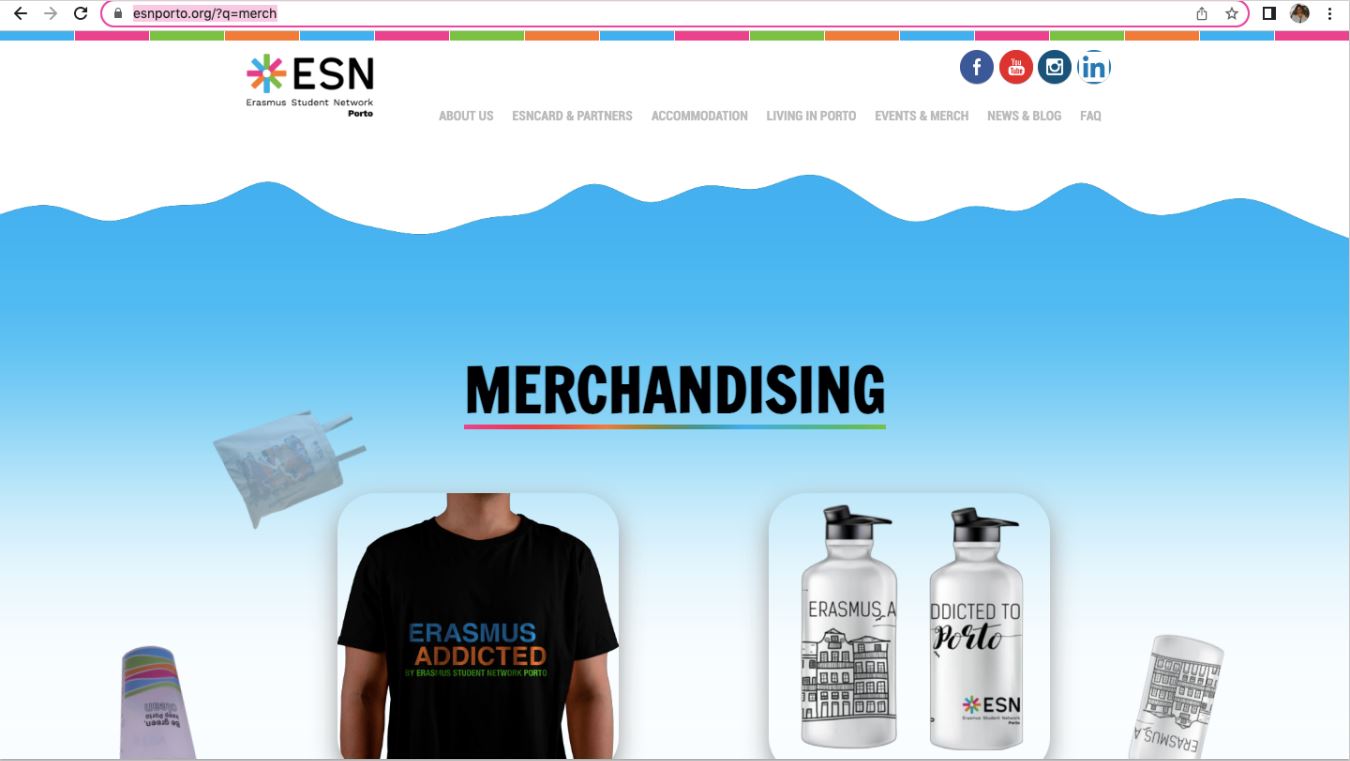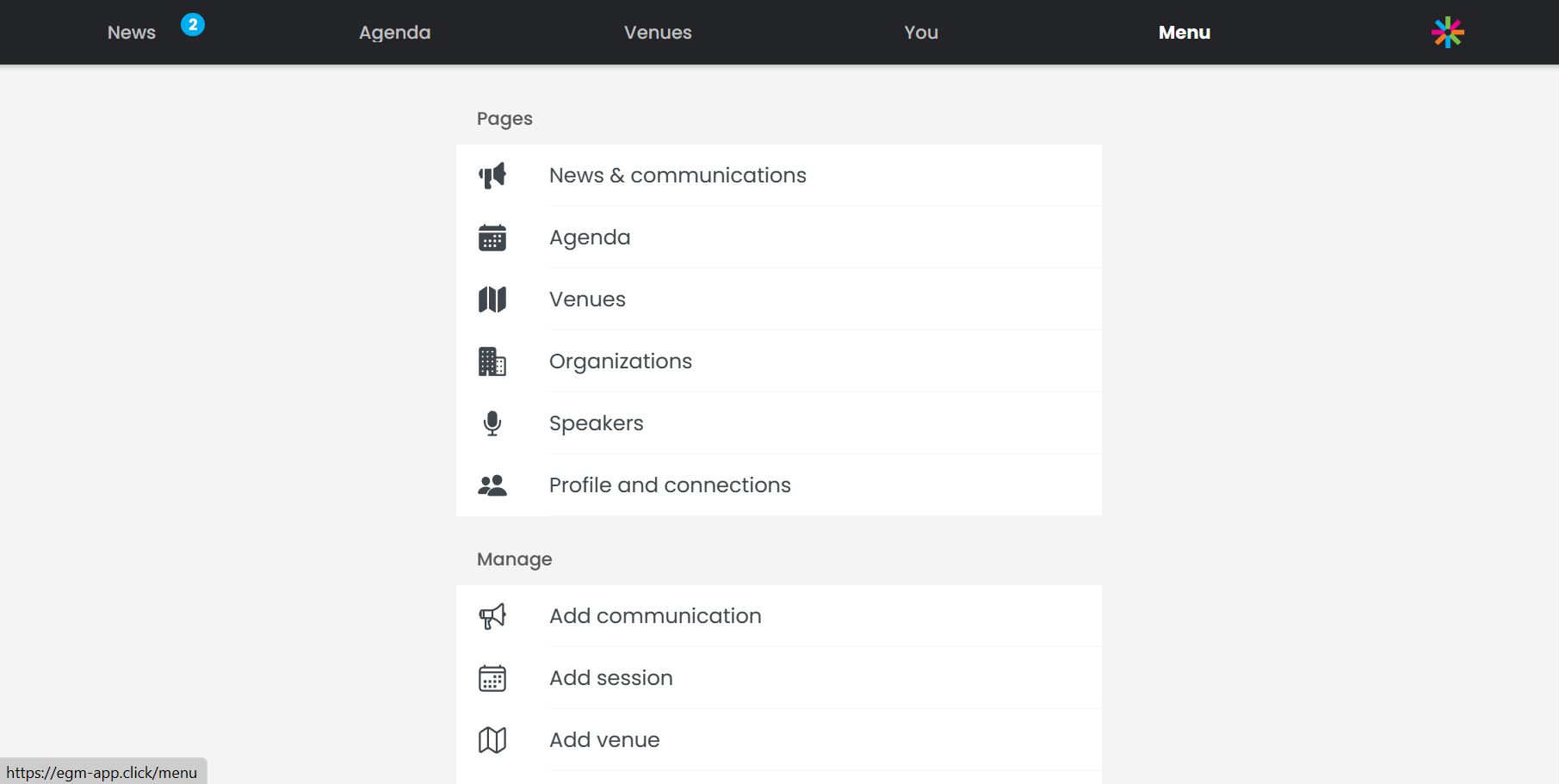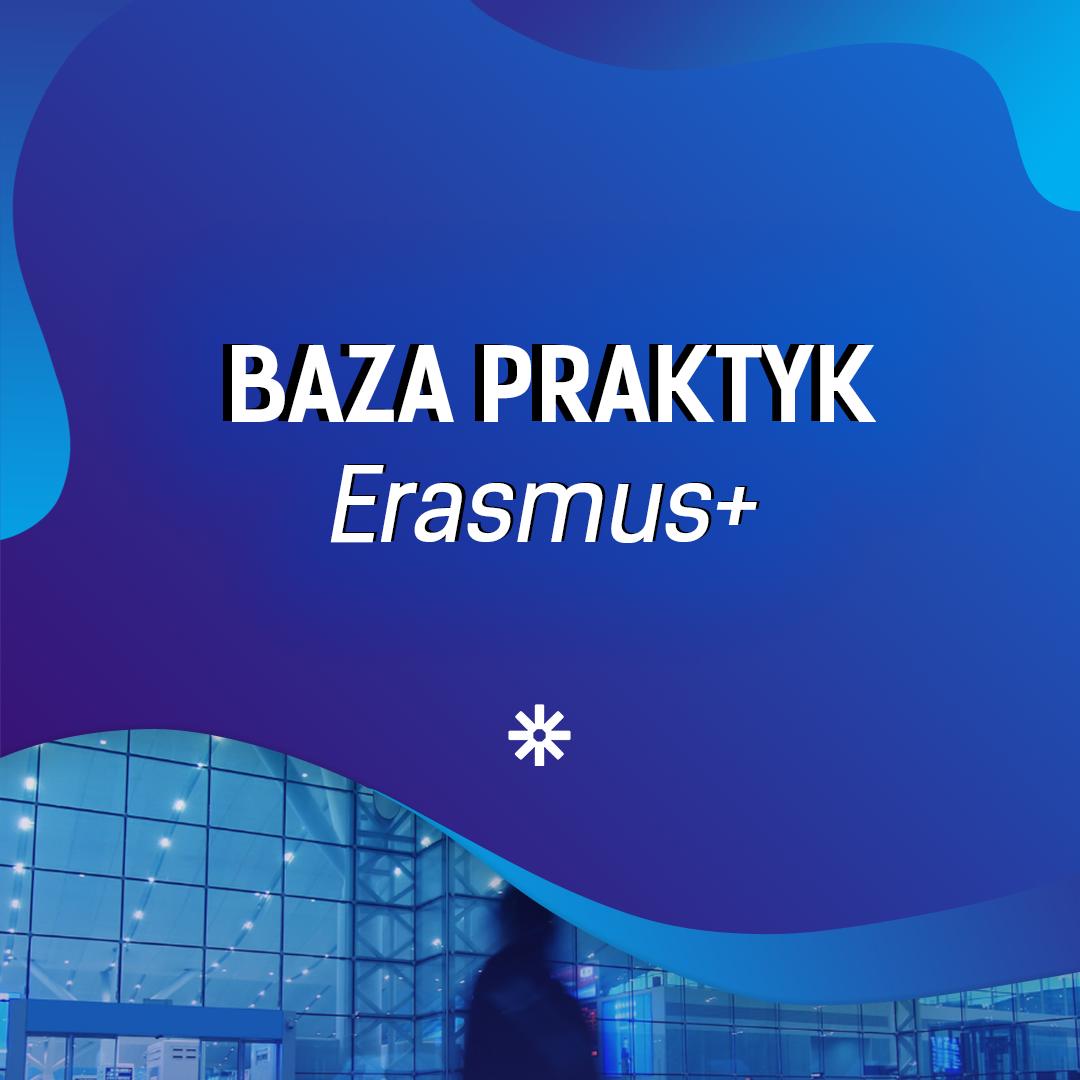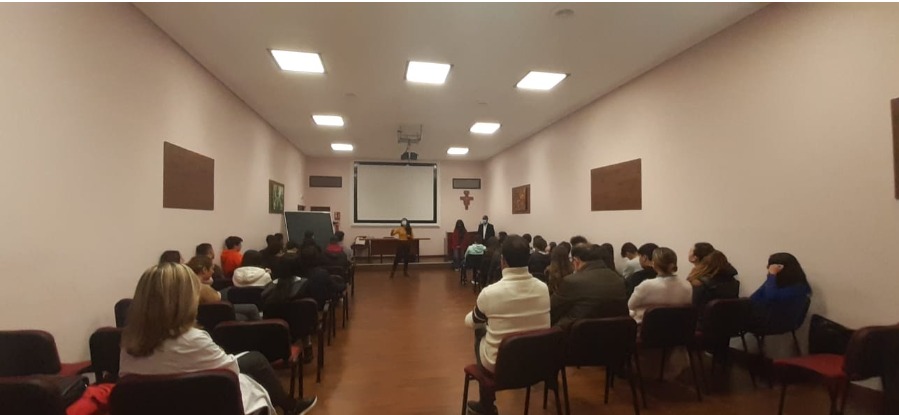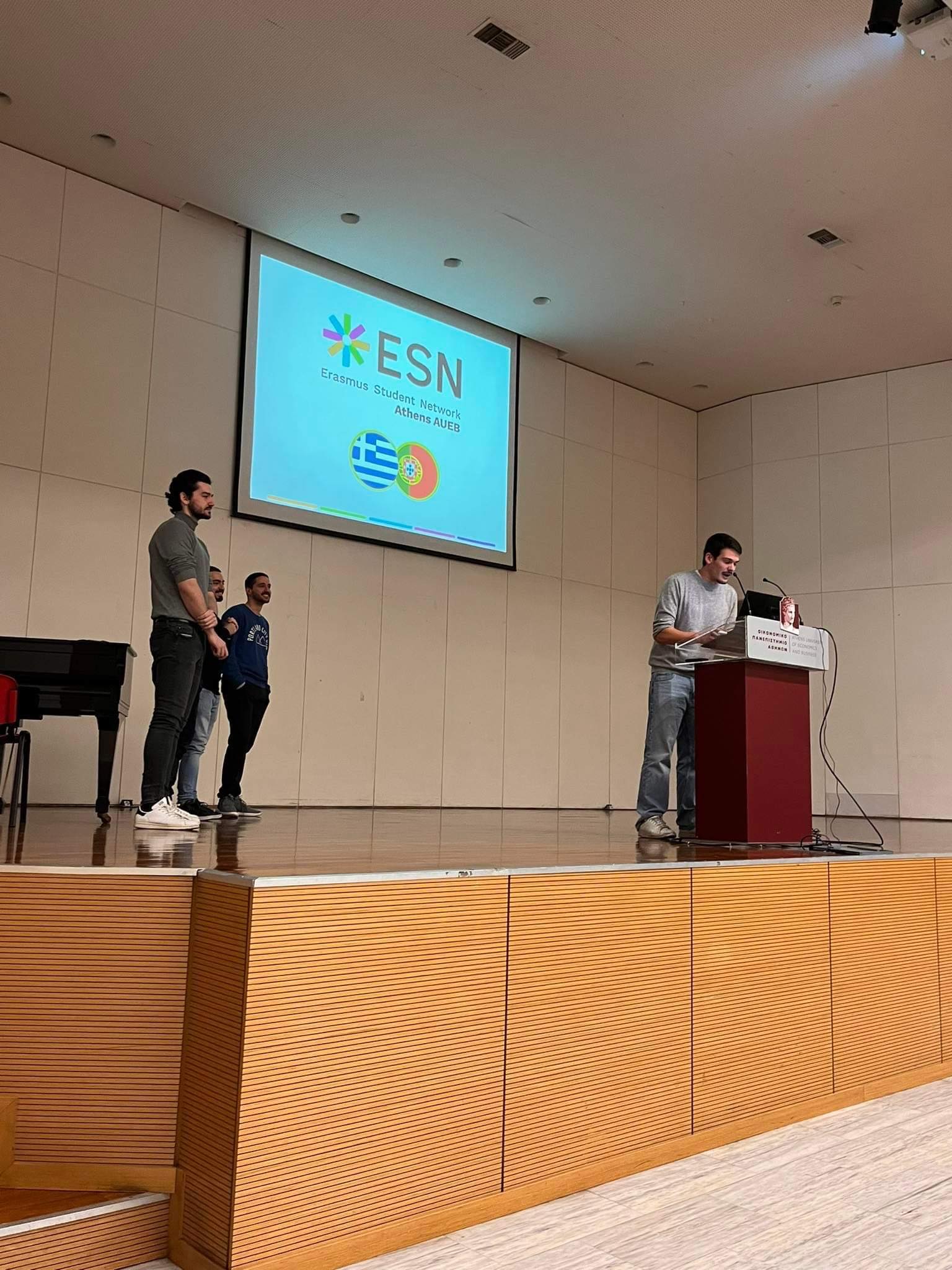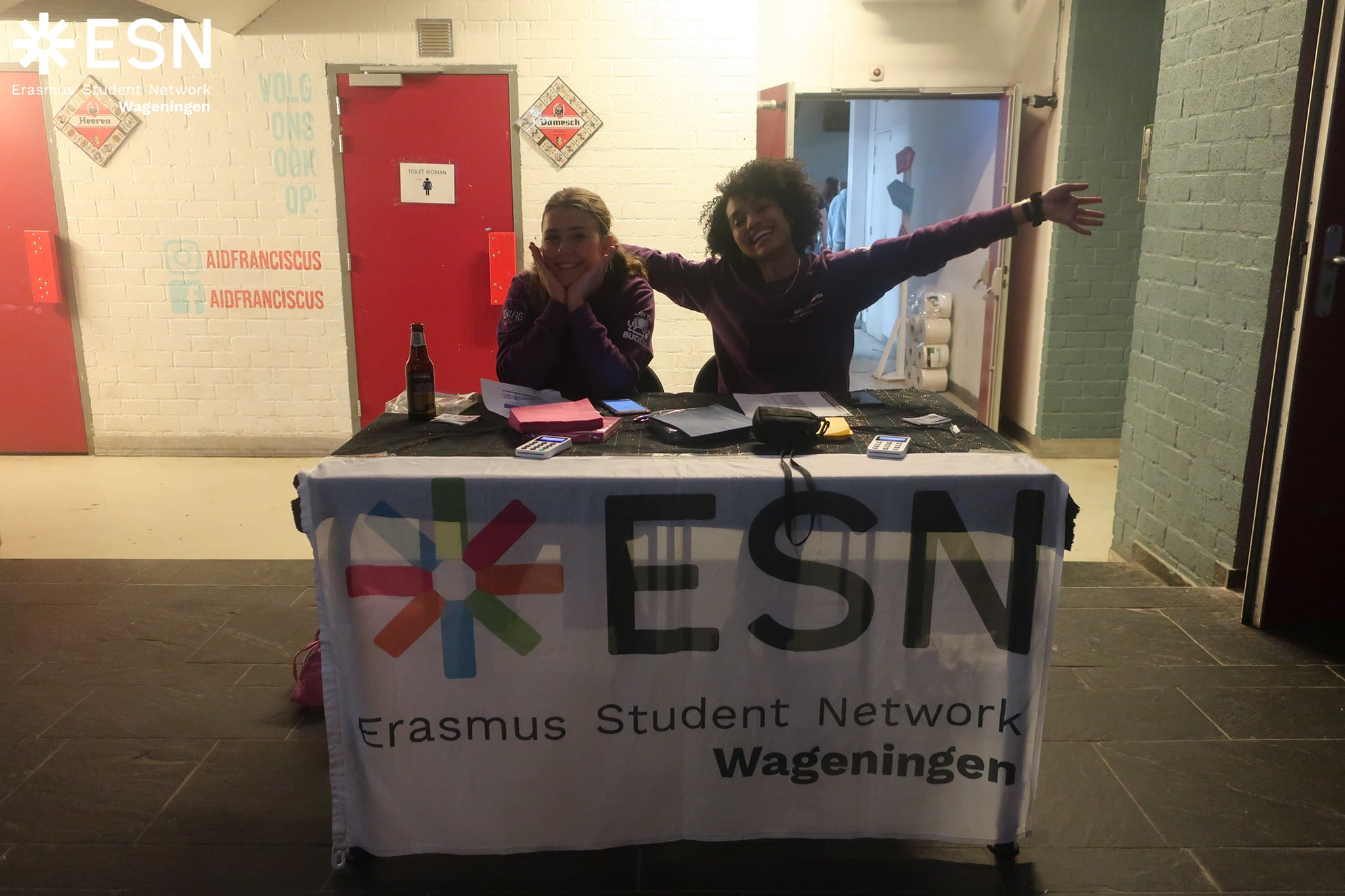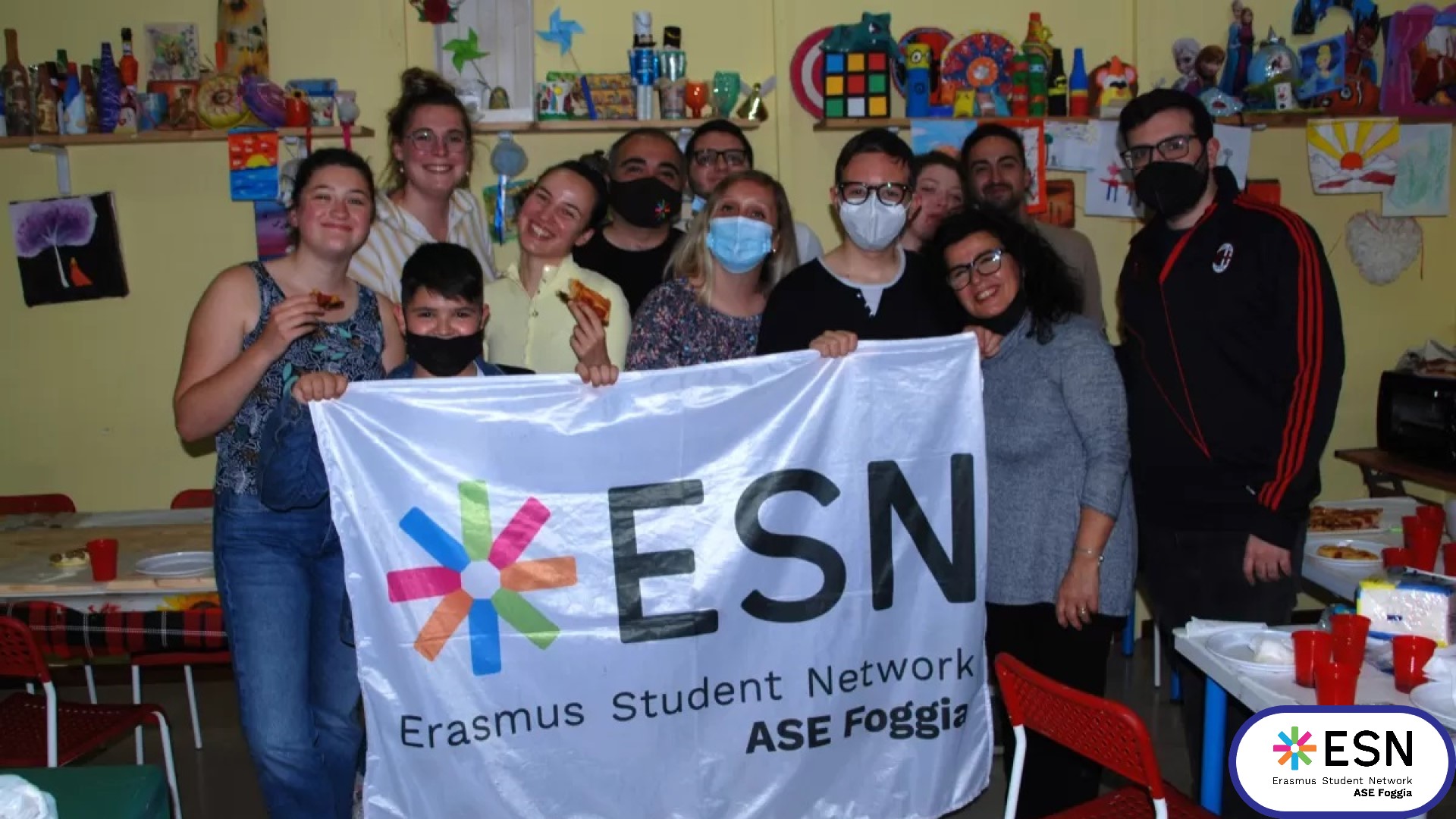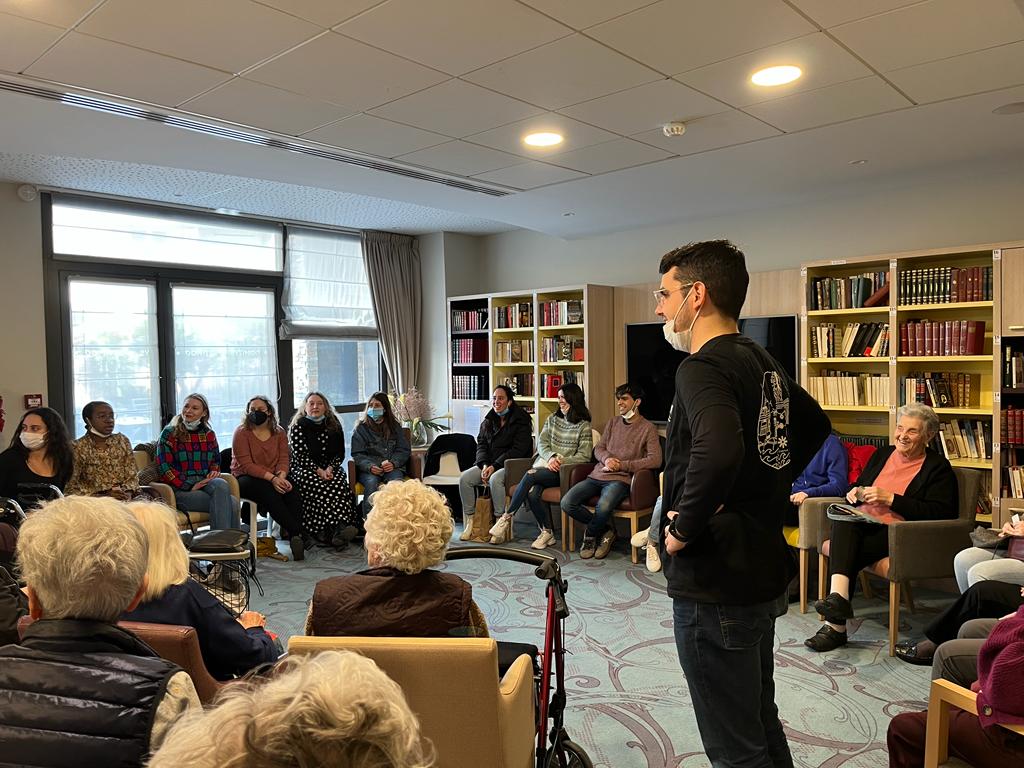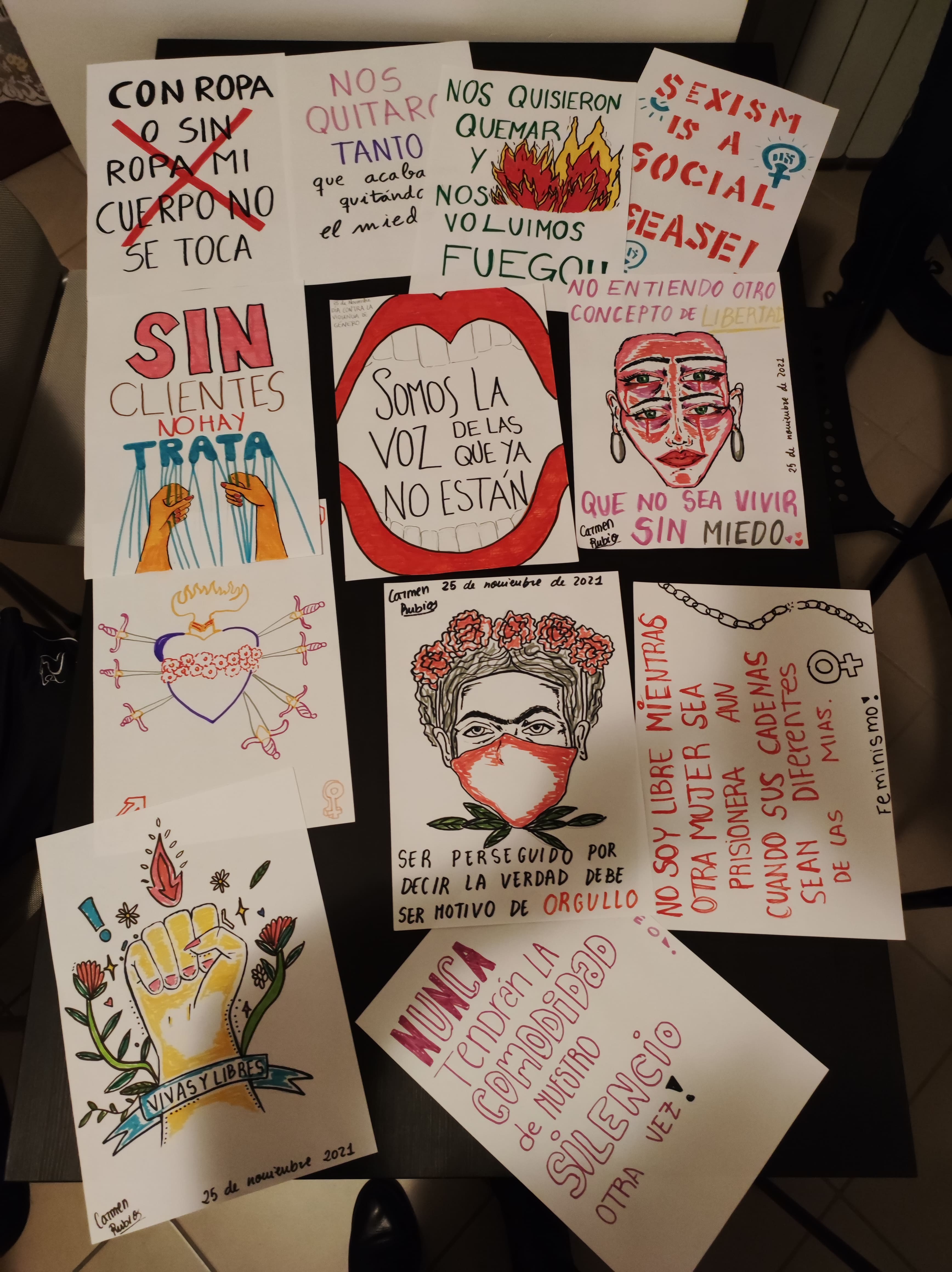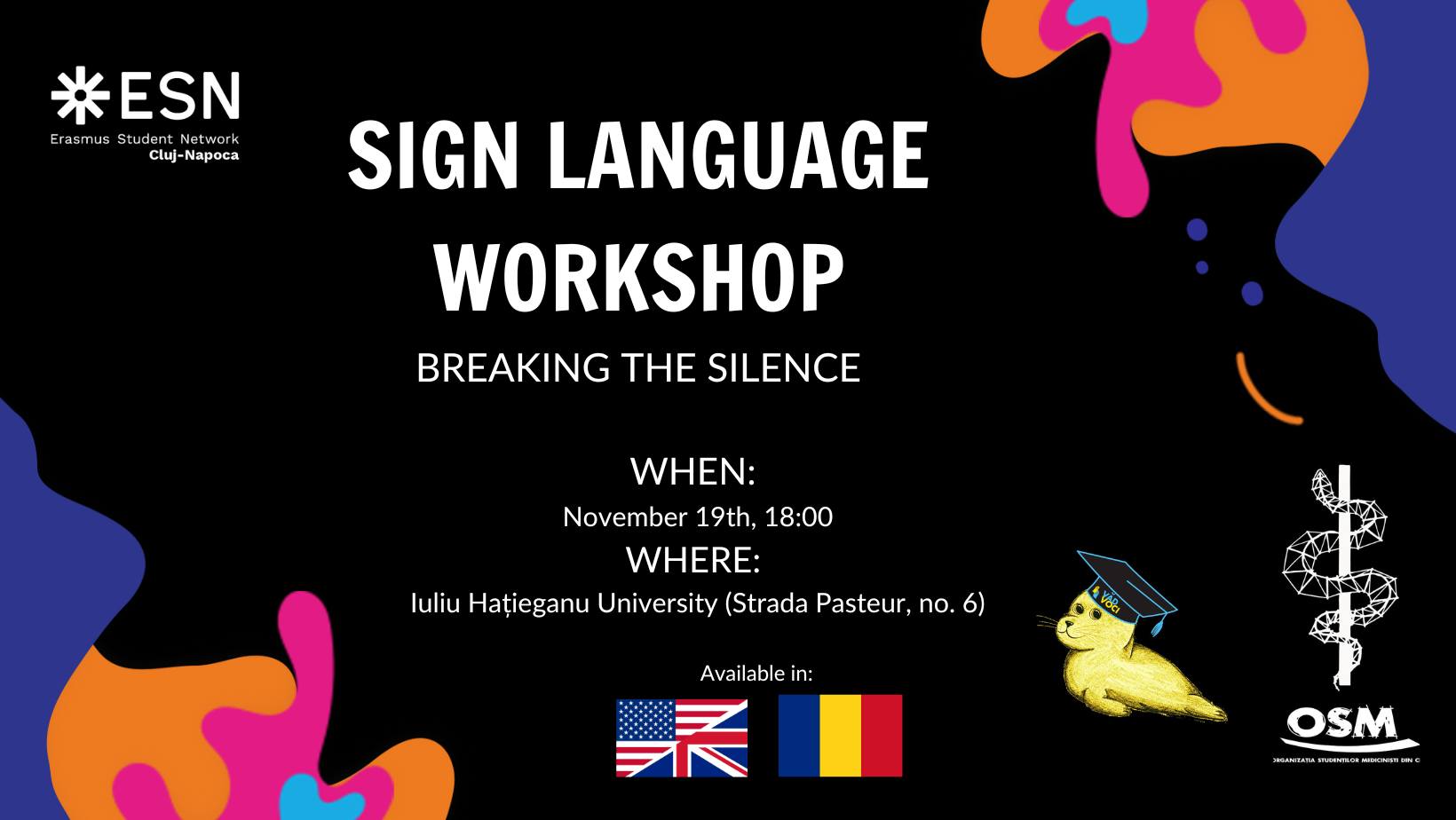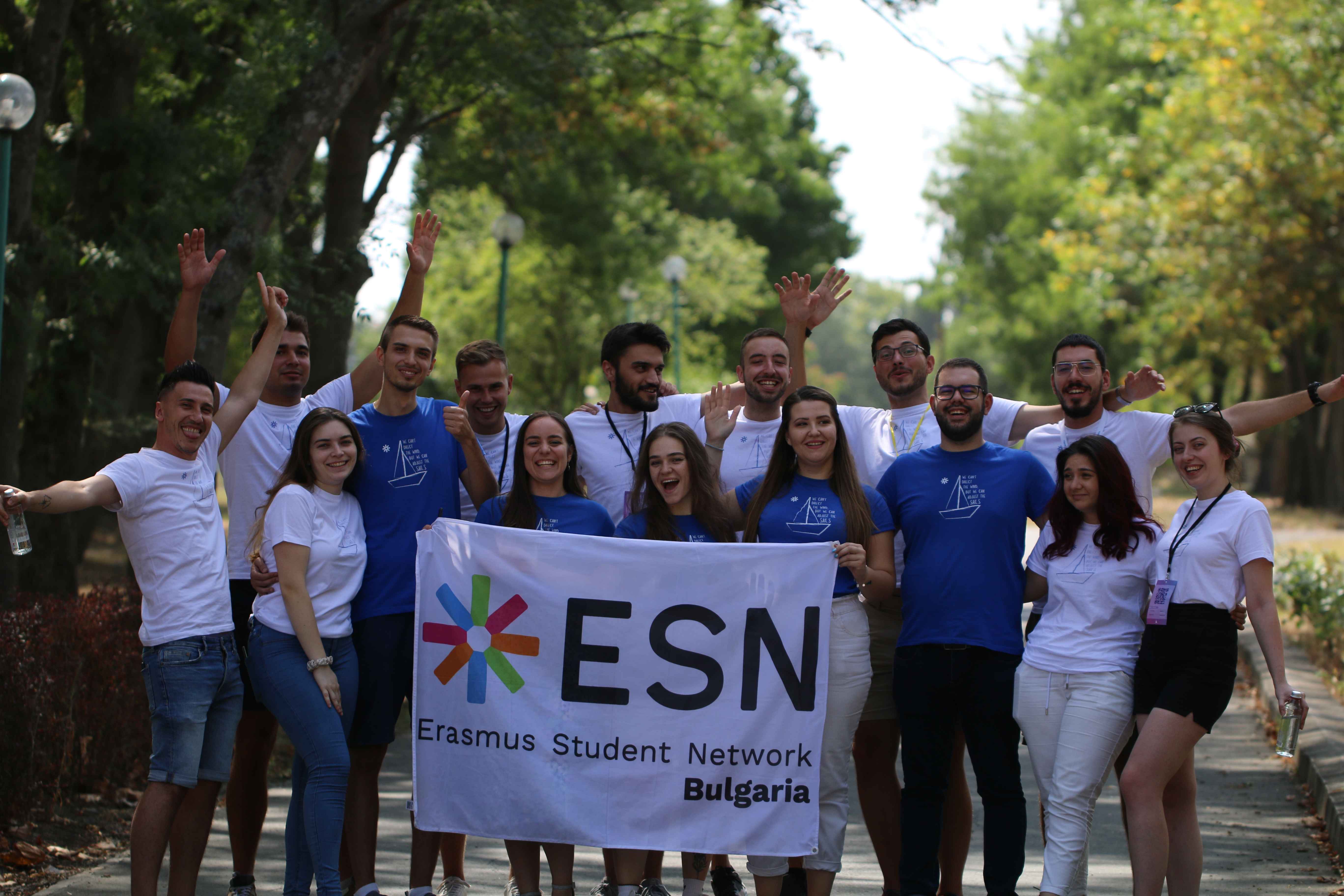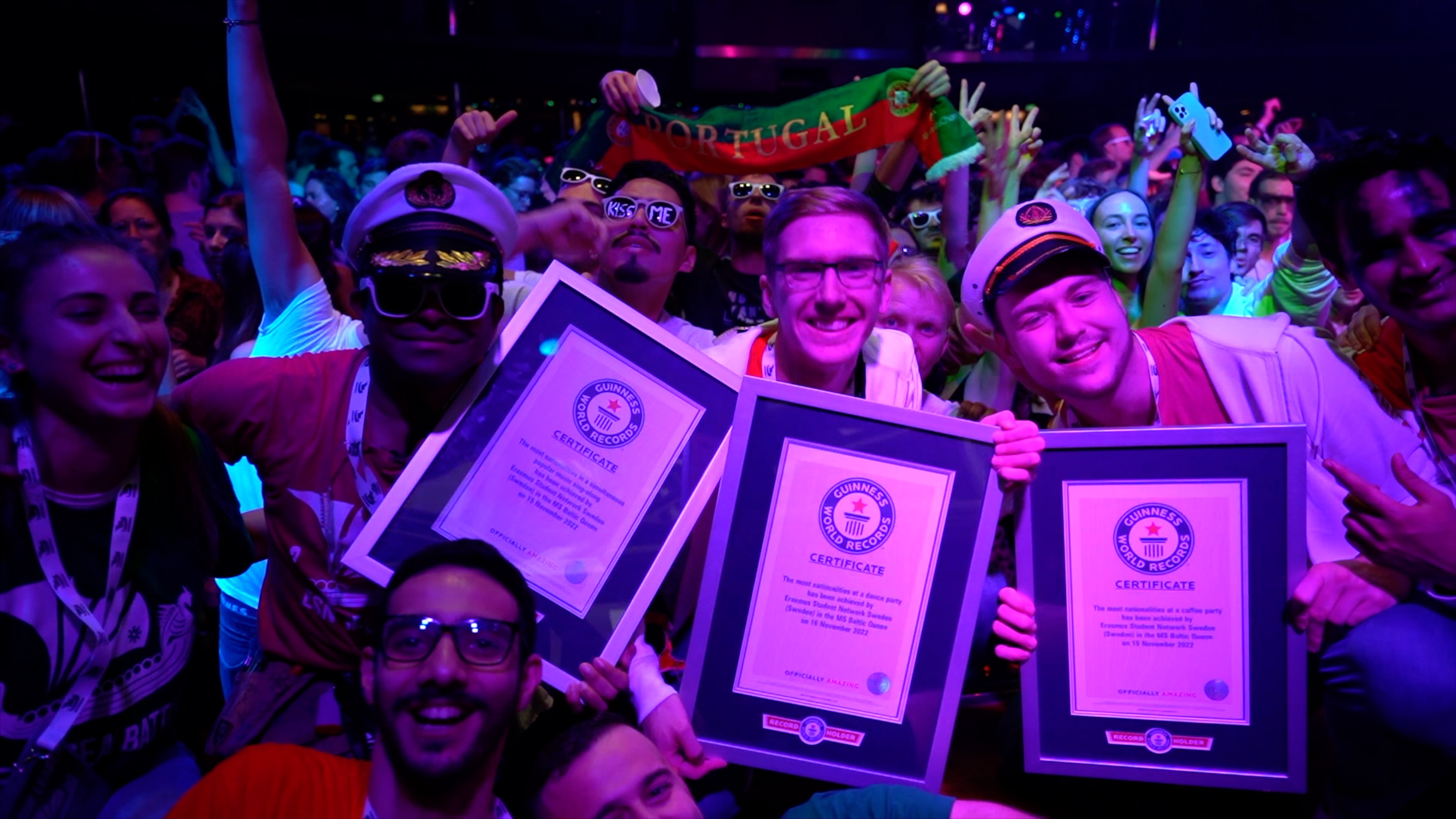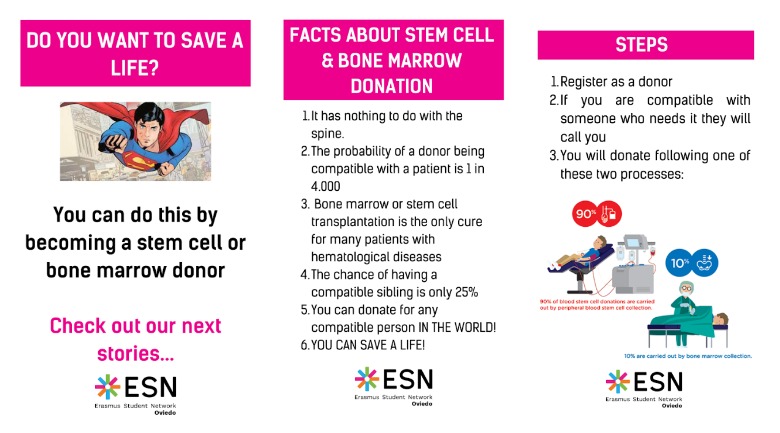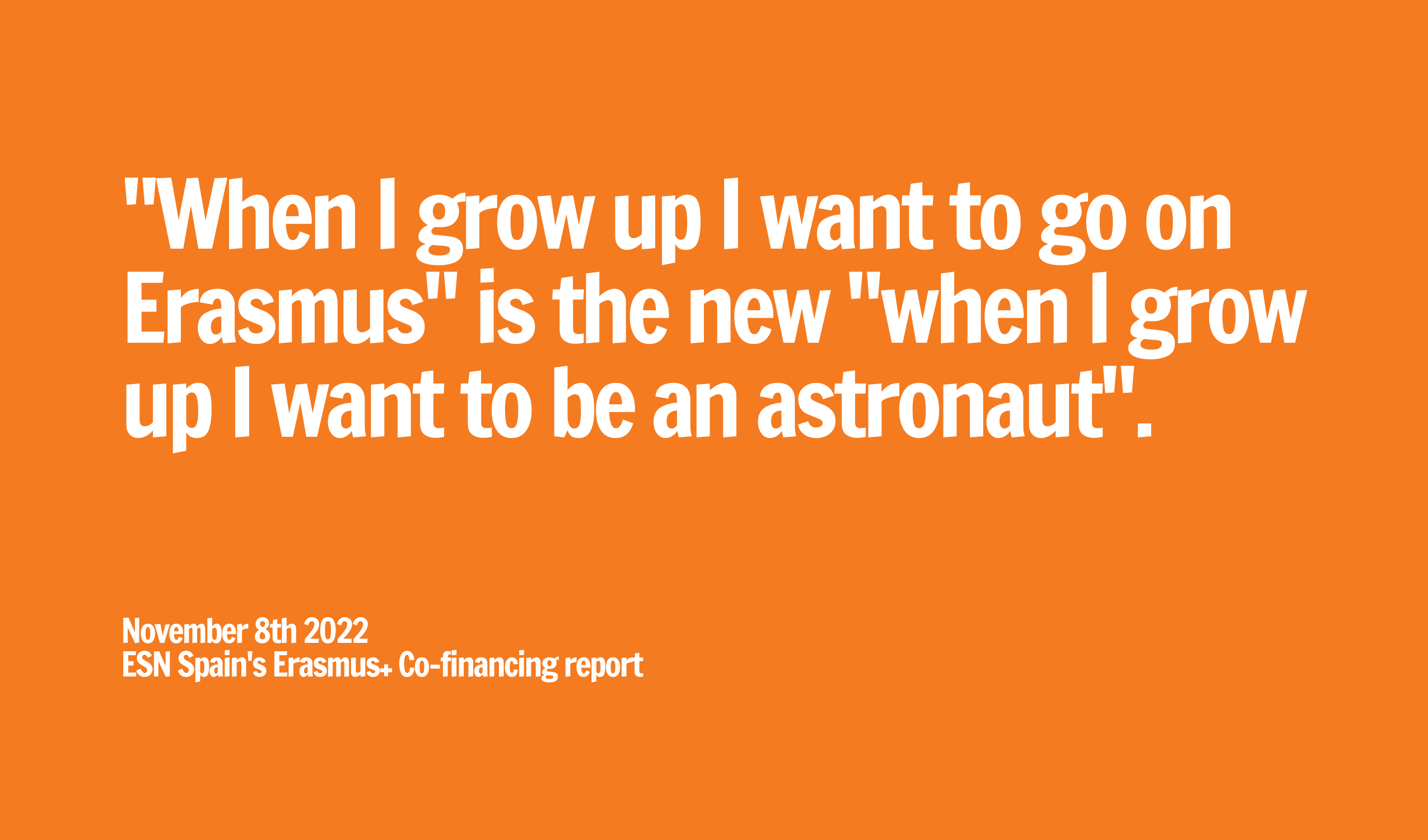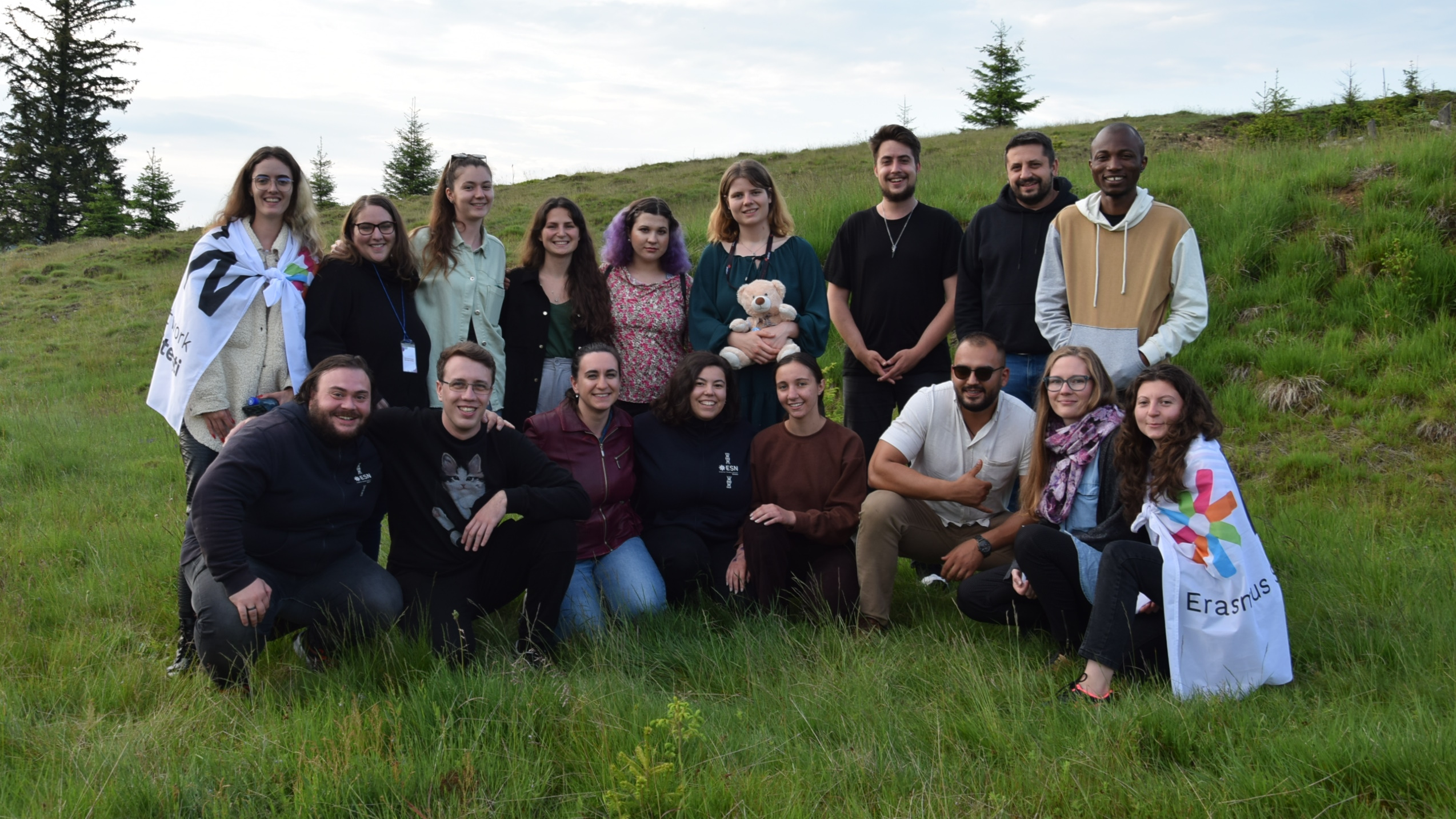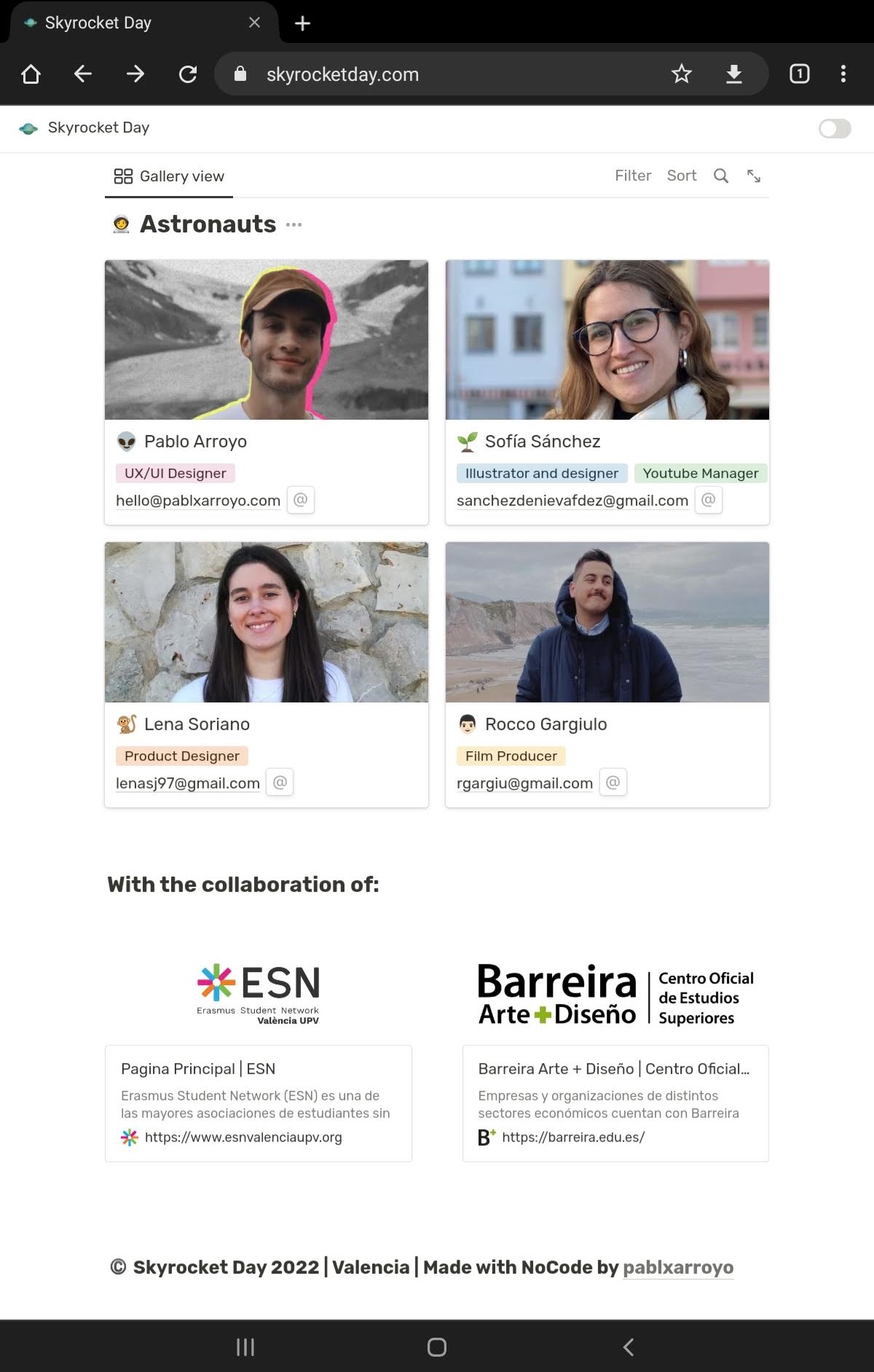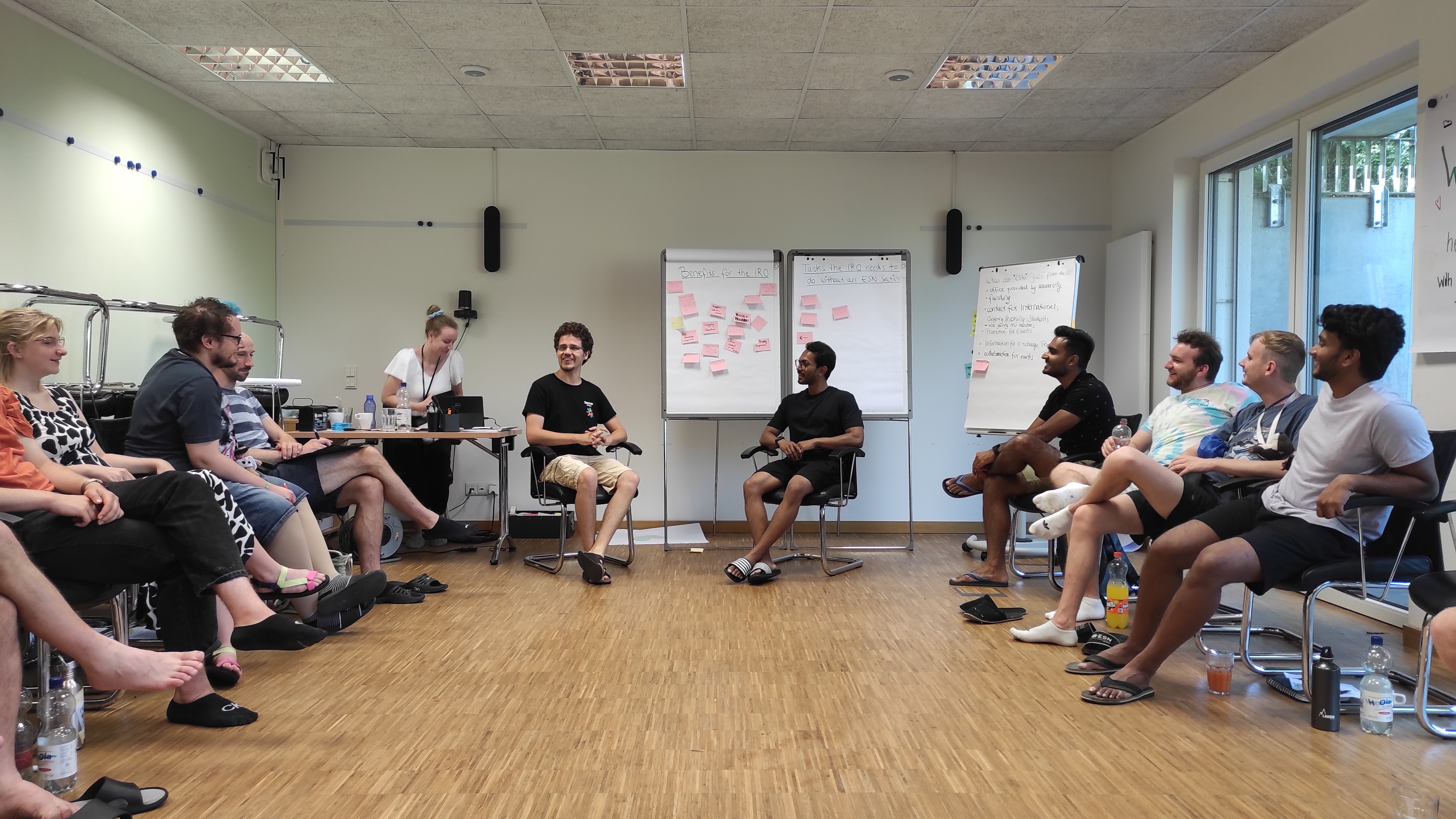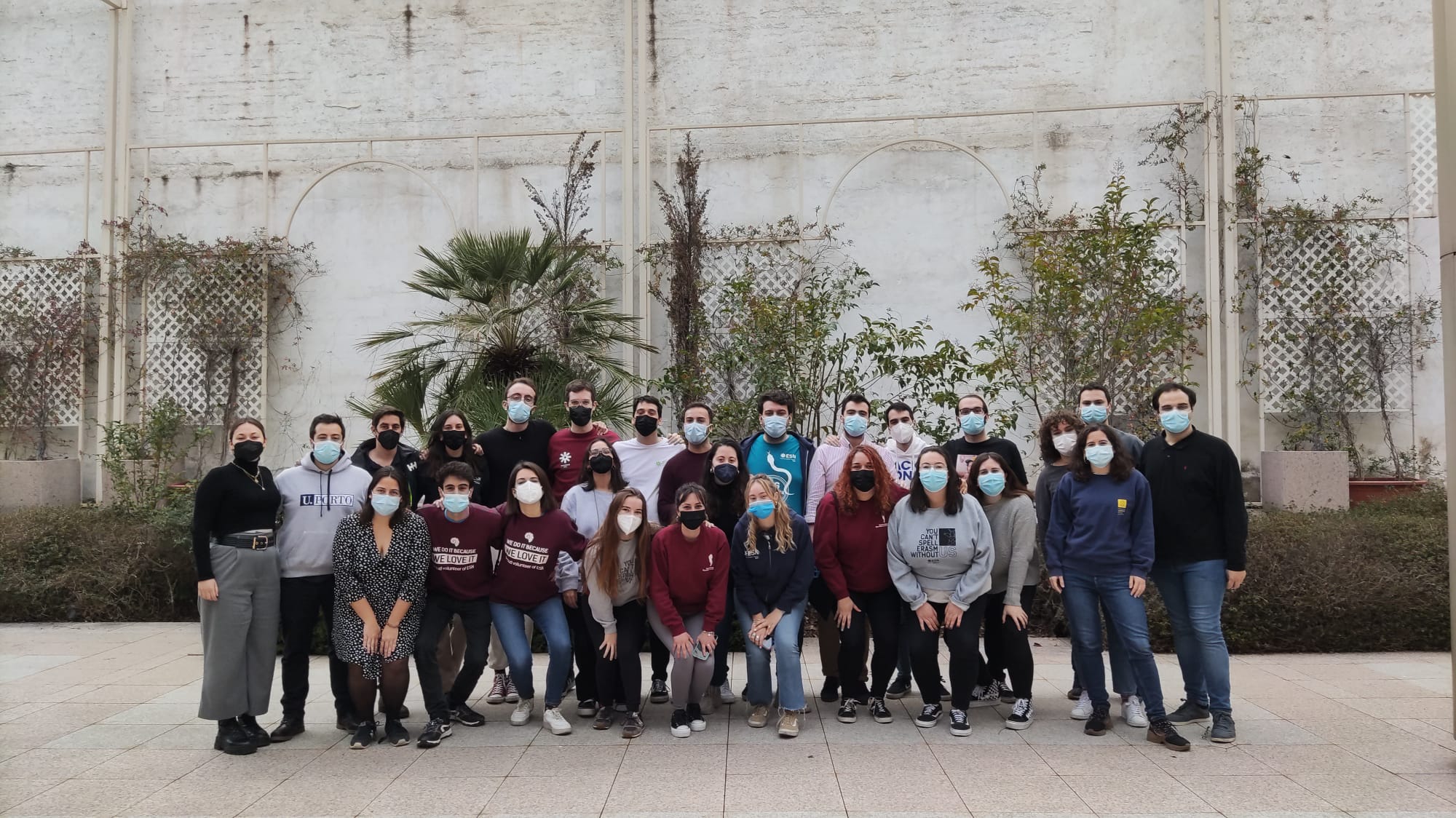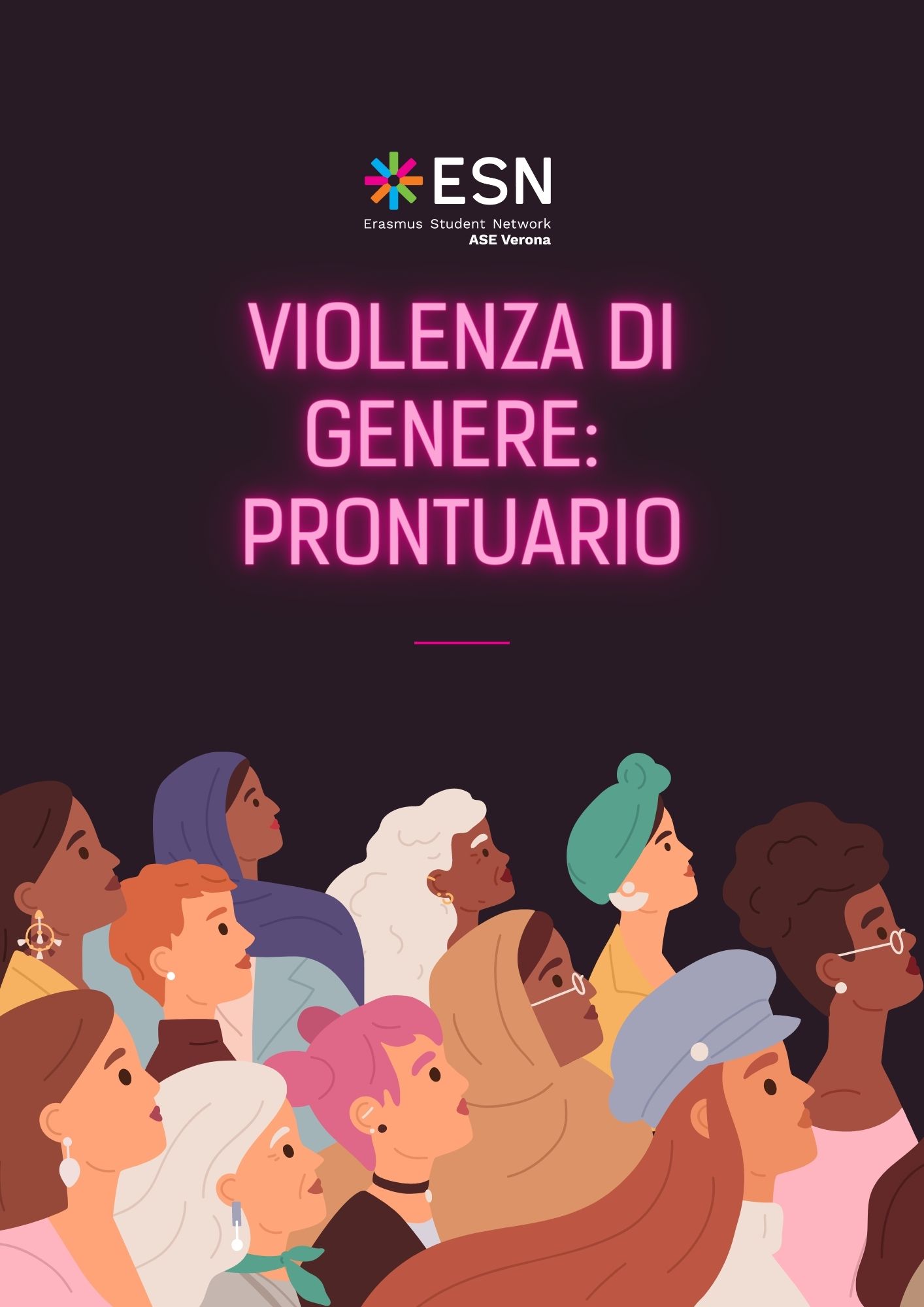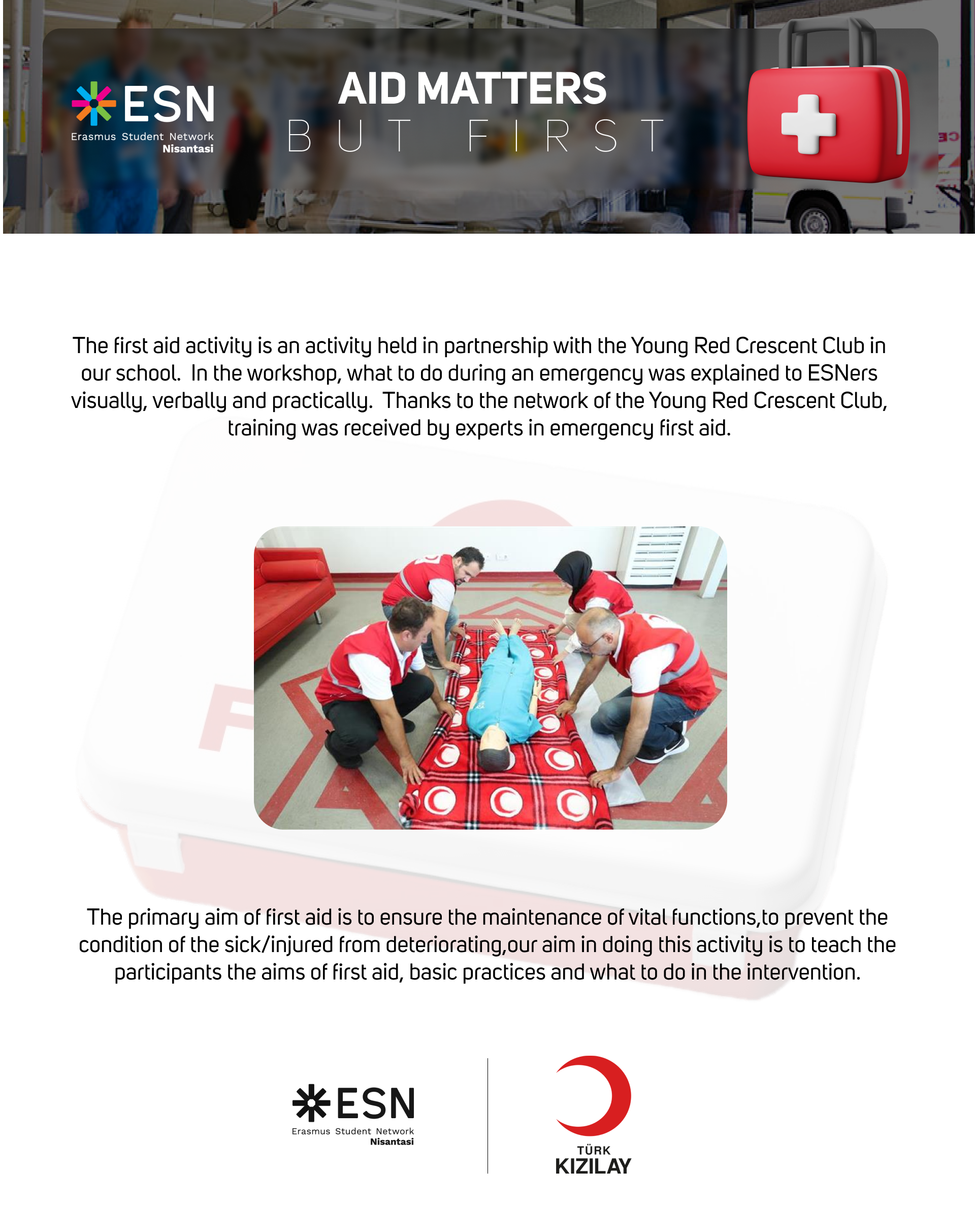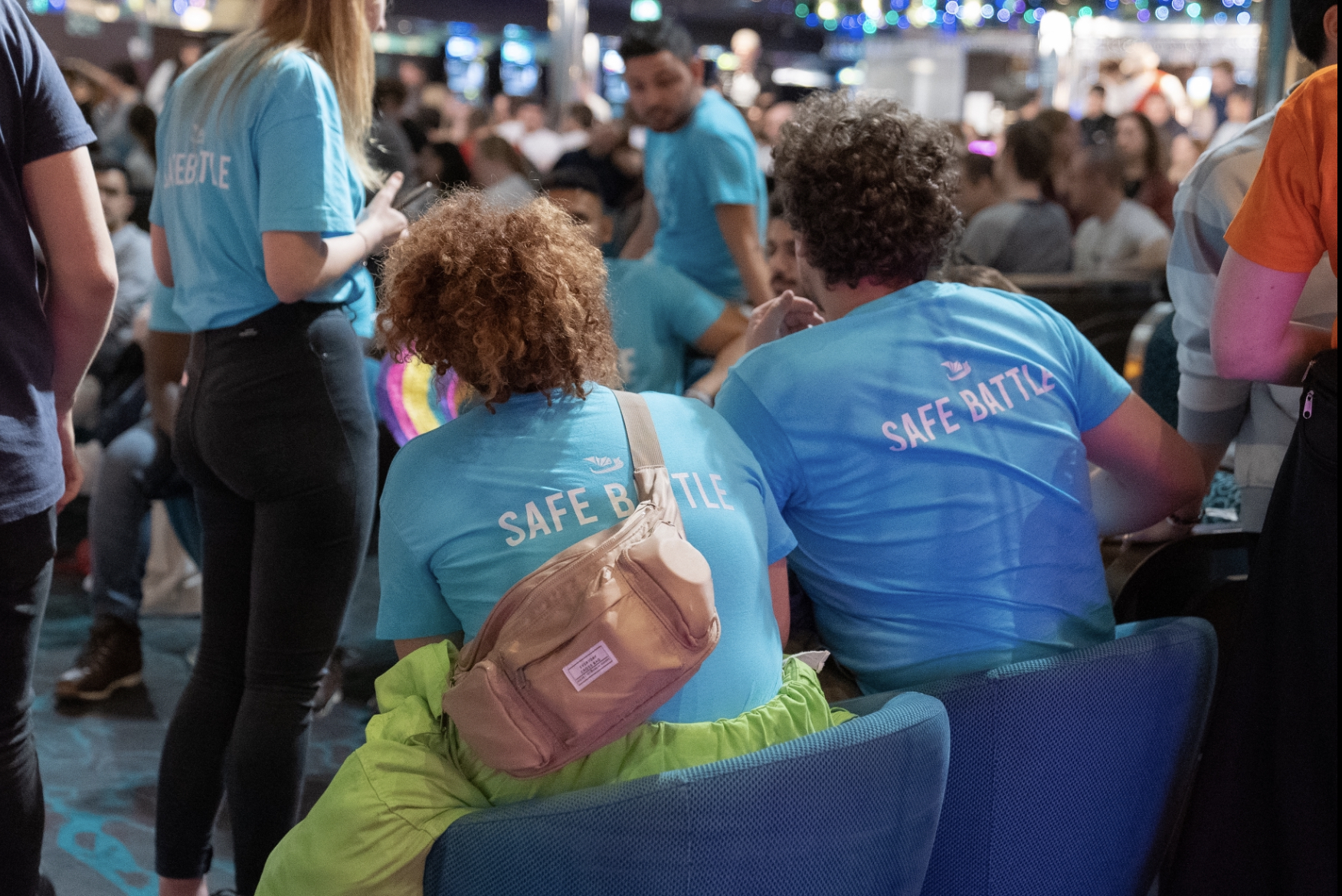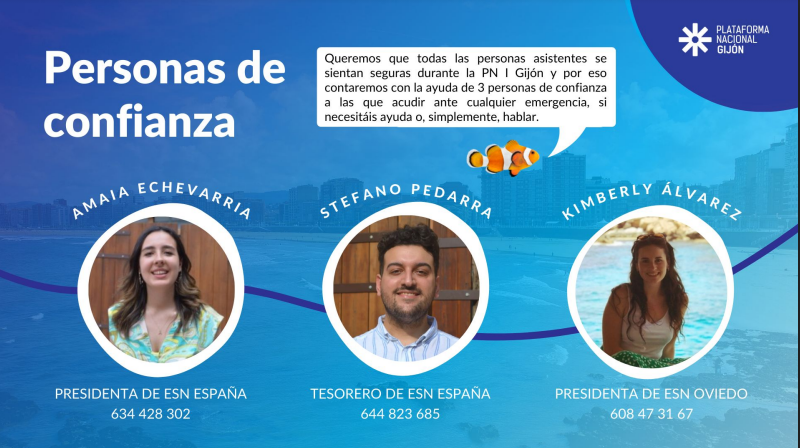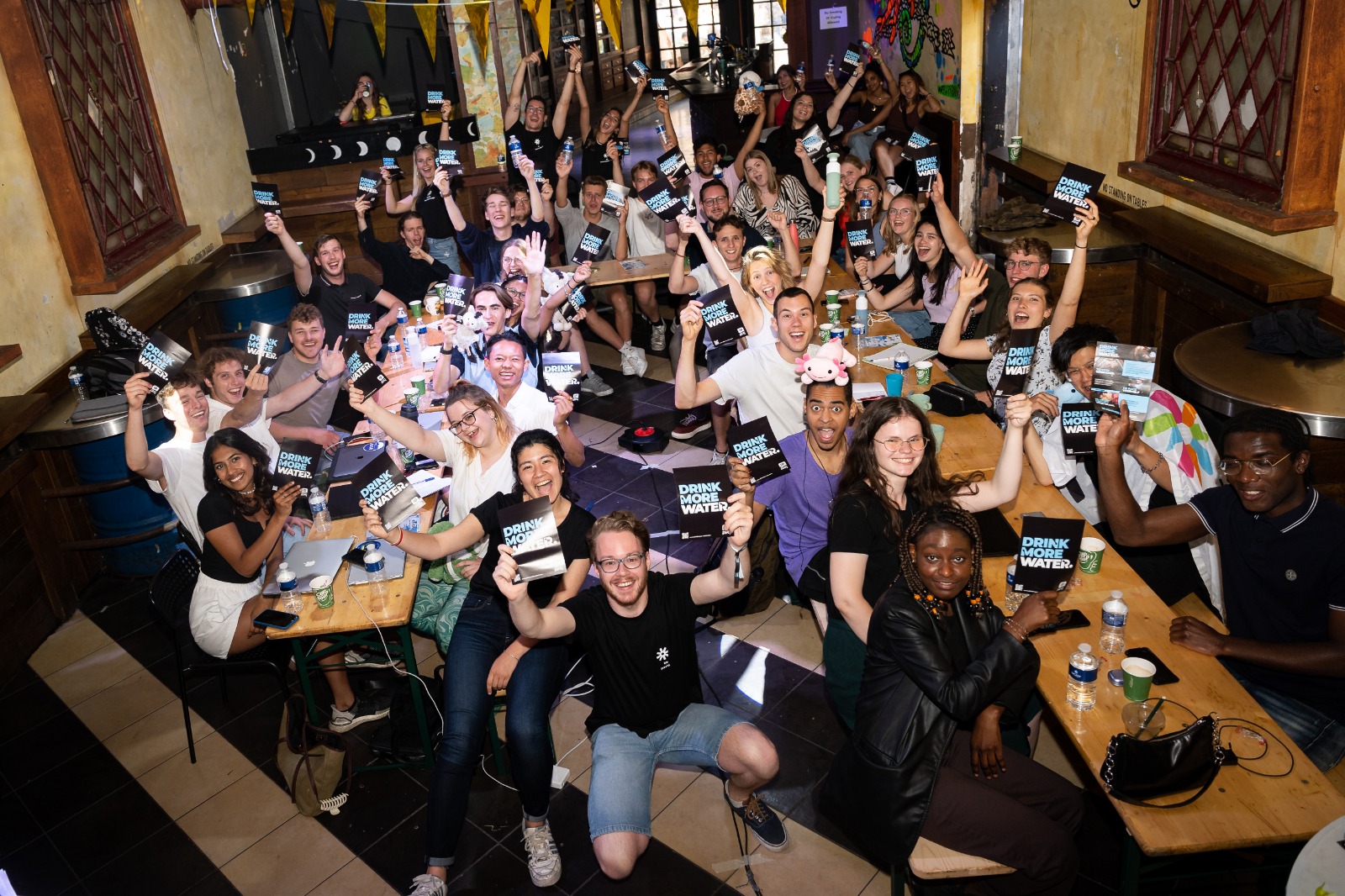Winners

Network Award
This category awards the most impactful activity, event, initiative, programme or project voted on by the network.
 ESN Luxembourg - Campaign for better Student Housing
ESN Luxembourg - Campaign for better Student Housing

Cooperation Award
This category awards the best cooperation between sections and/or national organisations in the Network.
 Cooperation between ESN Dubrovnik (Croatia), ESN Iasi (Romania), ESN Ingolstadt (Germany), ESN Besançon (France)
Cooperation between ESN Dubrovnik (Croatia), ESN Iasi (Romania), ESN Ingolstadt (Germany), ESN Besançon (France)
 Cooperation between 13 sections in Southern Italy
Cooperation between 13 sections in Southern Italy
 Cooperation between ESN Uni Graz and ESN TU Graz
Cooperation between ESN Uni Graz and ESN TU Graz

Culture Award
This category awards the most impactful activity, event, initiative, programme or project fostering intercultural competence and intercultural understanding.
 Incontro Culturale Erasmus 2022 by ESN Italy
Incontro Culturale Erasmus 2022 by ESN Italy
 Erasmus Generation Summit by ESN Romania
Erasmus Generation Summit by ESN Romania
 Christmas with Portuguese Families by ESN Portugal
Christmas with Portuguese Families by ESN Portugal

Education Award
This category awards the most impactful activity, event, initiative, programme or project that has a strategic and long-term approach to education-related topics.
 ESN Spain for Madrilian students by ESN Spain
ESN Spain for Madrilian students by ESN Spain
 13º Anniversary of ESN Portugal by ESN Portugal
13º Anniversary of ESN Portugal by ESN Portugal
 Strategic cooperation between ESN Poland and Polish National Youth Council by ESN Poland
Strategic cooperation between ESN Poland and Polish National Youth Council by ESN Poland
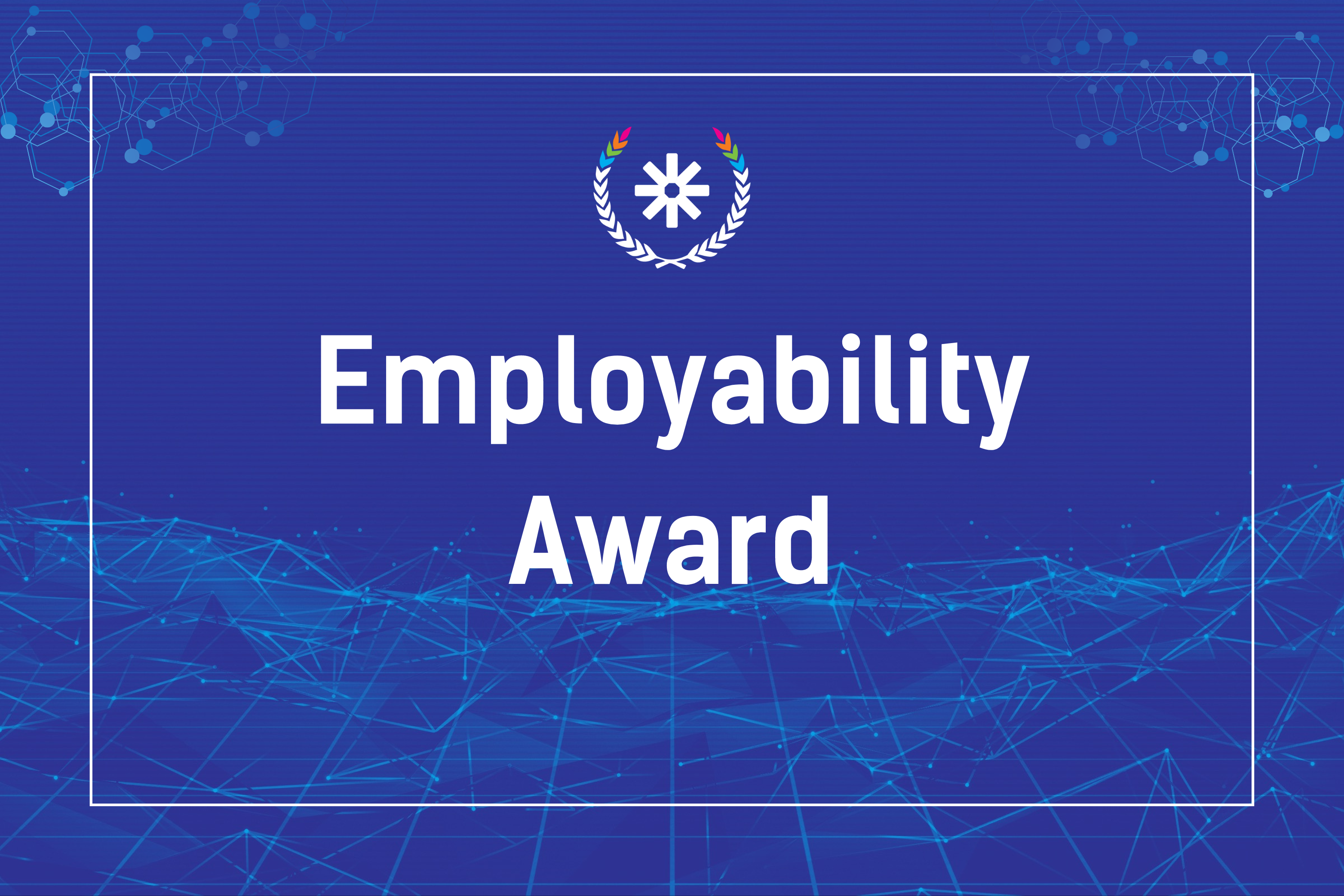
Employability Award
This category awards the most impactful activity, event, initiative, programme or project contributing to the competence development and employability of the local and international youth.
 Validation of volunteers’ skills through Reconoce by ESN Spain
Validation of volunteers’ skills through Reconoce by ESN Spain
 Fostering international employability in the Dutch labour market by ESN Rotterdam
Fostering international employability in the Dutch labour market by ESN Rotterdam
 ESN & Employability 2.0 by ESN Italy
ESN & Employability 2.0 by ESN Italy

Environmental Sustainability
This category awards the most impactful activity, event, initiative, programme or project contributing to environmental sustainability.
 "EU Green Week 2022" by ESN Selcuk
"EU Green Week 2022" by ESN Selcuk
 ESN Italy: let's green our network! by ESN Italy
ESN Italy: let's green our network! by ESN Italy
 Workshop in Messina (Milazzo-Capo Milazzo) by ESN Messina
Workshop in Messina (Milazzo-Capo Milazzo) by ESN Messina
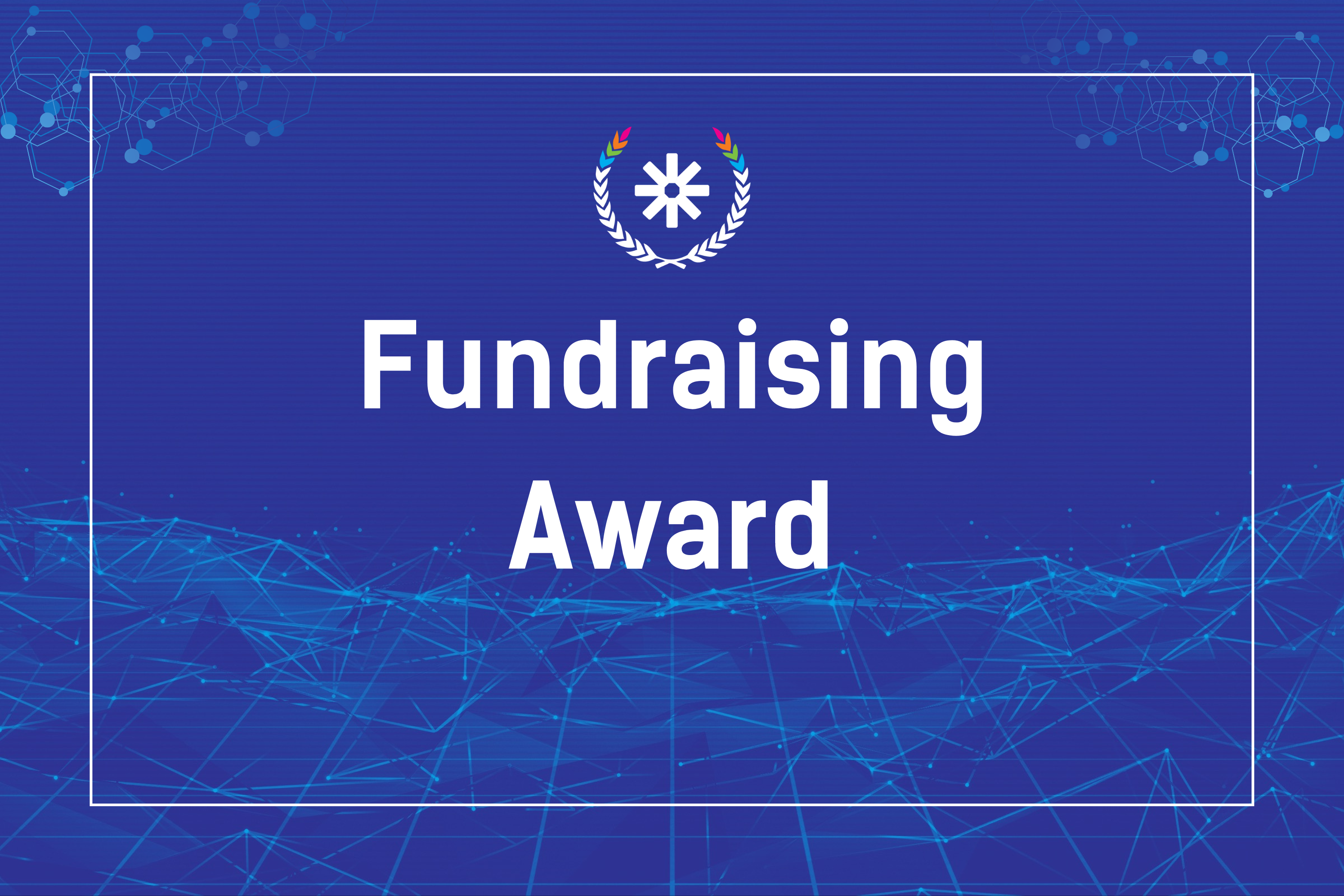
Fundraising Award
This category awards the most impactful activity or initiative collecting resources for a common cause.
 International Festival of Erasmus by ESN ASSI Parma
International Festival of Erasmus by ESN ASSI Parma
 CAREoke by ESN Zagreb
CAREoke by ESN Zagreb
 ESN Woman Up (Charity Aperitivo) by ESN Palermo
ESN Woman Up (Charity Aperitivo) by ESN Palermo

Health and Well-being Award
This category awards the most impactful sports or well-being activity, event, initiative, programme or project that fosters a healthy lifestyle of the local and international youth.
 National Erasmus Games by ESN Italy
National Erasmus Games by ESN Italy
 Focus on Mental health: partnership with Sauce Psicología by ESN Spain
Focus on Mental health: partnership with Sauce Psicología by ESN Spain
 National training event STIMUL8 by ESN Sweden
National training event STIMUL8 by ESN Sweden

HR Award
This category awards the best HR practices, projects or initiatives focusing on volunteer management and appreciation.
 Thessaloniki Families' Game (Lucky Luke Edition) by ESN AUTH, ESN IHU, ESN UOM Thessaloniki
Thessaloniki Families' Game (Lucky Luke Edition) by ESN AUTH, ESN IHU, ESN UOM Thessaloniki
 Buddy Sections Development Strategy by ESN UniBucharest, ESN Pitesti and ESN Brasov
Buddy Sections Development Strategy by ESN UniBucharest, ESN Pitesti and ESN Brasov
 ESN recruitment: let's build the Future Together by ESN Milano Statale
ESN recruitment: let's build the Future Together by ESN Milano Statale

IT Award
This category awards the best IT-related practices, projects or initiatives.
 FormForm 3.0 by ESN Granada
FormForm 3.0 by ESN Granada
 HRapp by ESN Iasi
HRapp by ESN Iasi
 ESN Porto Webshop by ESN Porto
ESN Porto Webshop by ESN Porto
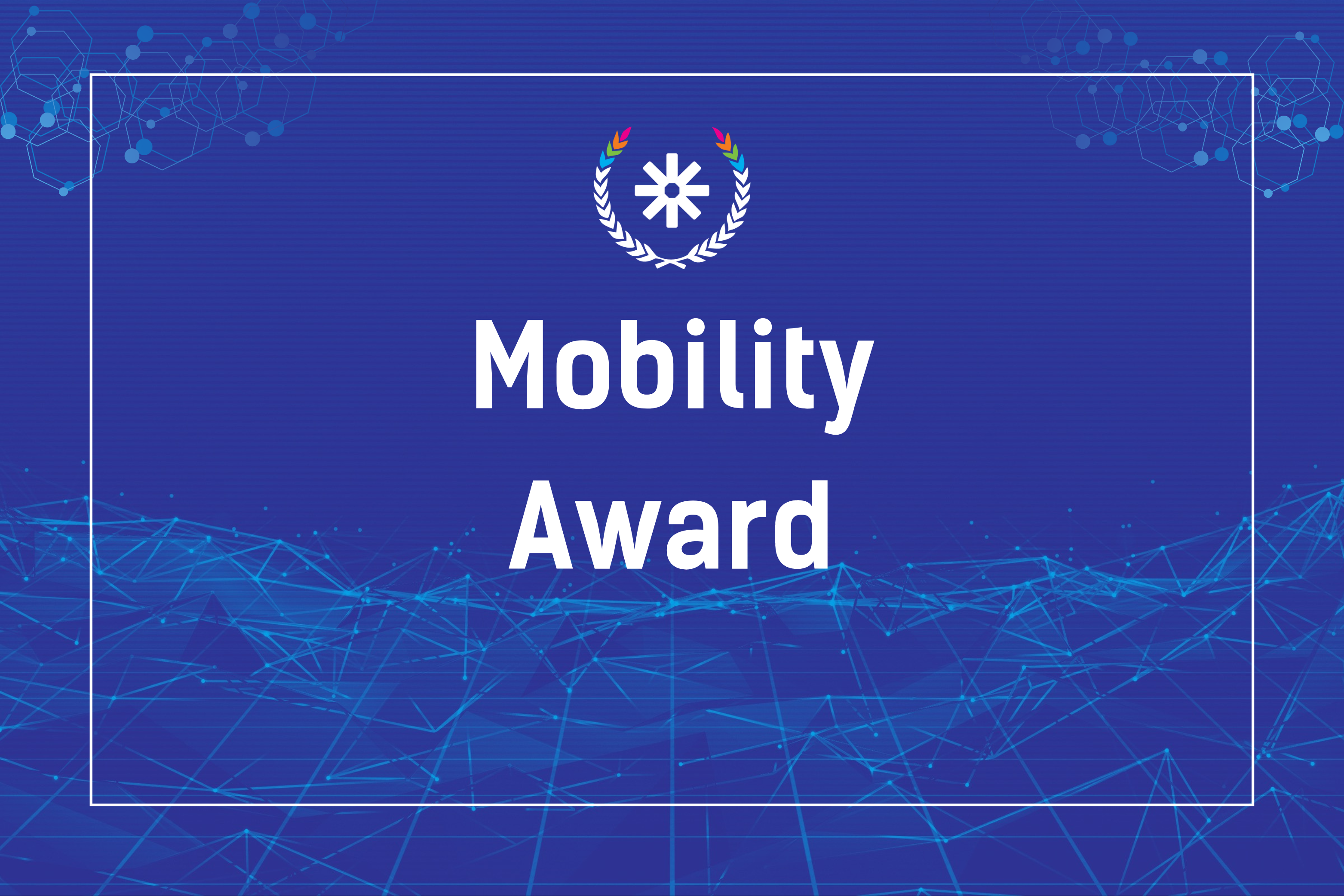
Mobility Award
This category awards the most impactful mobility-promotion activity, event, initiative, programme or project.
 ESN Italy 4 Mobility: Il Tuo Erasmus con ESN & AskErasmus by ESN Italy
ESN Italy 4 Mobility: Il Tuo Erasmus con ESN & AskErasmus by ESN Italy
 Erasmus+ internships database by ESN Poland
Erasmus+ internships database by ESN Poland
 Forming of housing councils in international student dorms by ESN DTU
Forming of housing councils in international student dorms by ESN DTU

Safety Award
This category awards the most impactful activity or initiative fostering the safety of our members and international students in aspects as prevention, support or protection agains risks.
 Gender violence: a handbook by ESN ASE Verona
Gender violence: a handbook by ESN ASE Verona
 Aid matters but first by ESN Nisantasi
Aid matters but first by ESN Nisantasi
 Safe Battle by ESN Sweden
Safe Battle by ESN Sweden
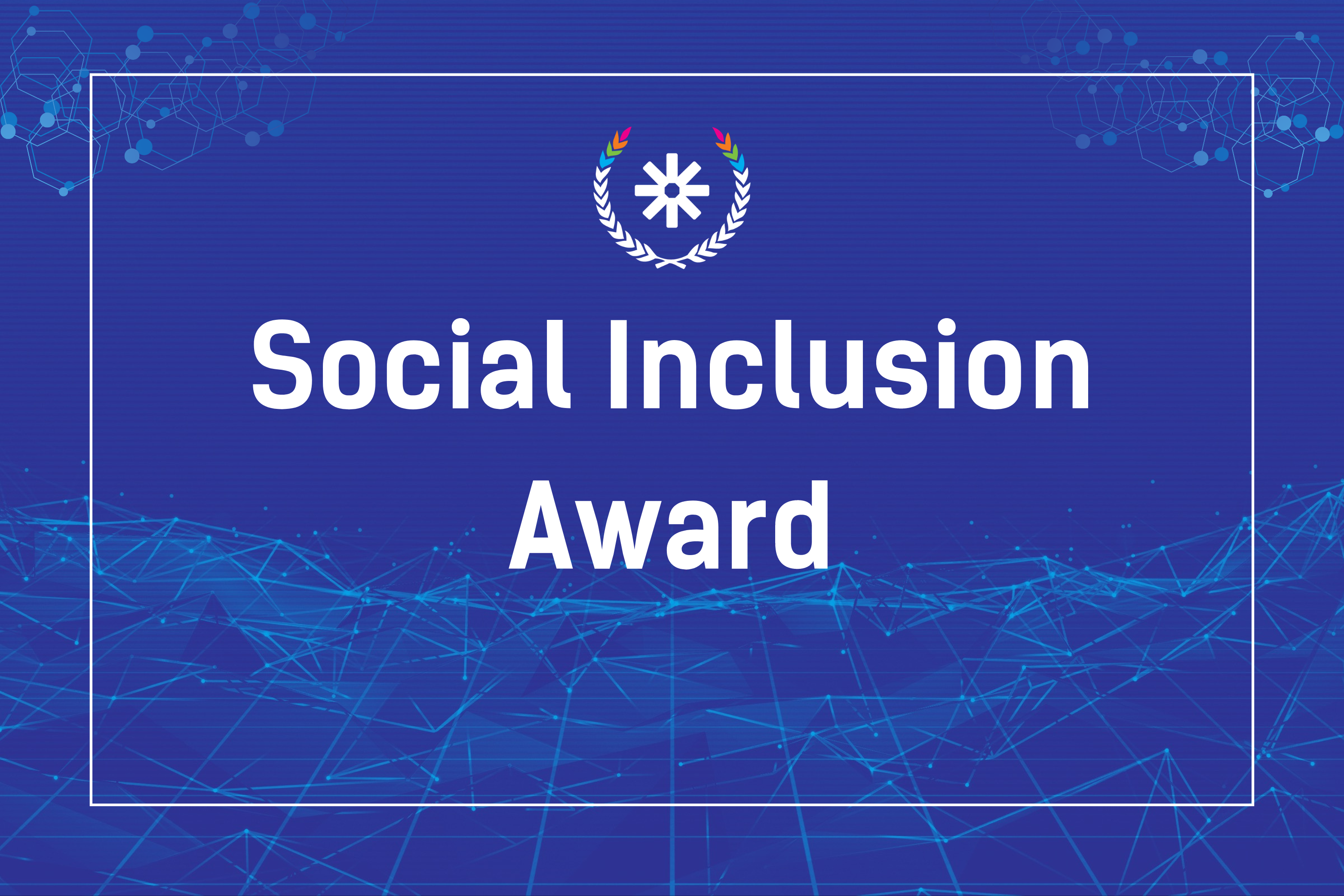
Social Inclusion Award
This category awards the most impactful social inclusion activity, event, initiative, programme or project.
 SAMISI - Stimulating Awareness On Migration Through Integration And Social Inclusion by ESN Italy
SAMISI - Stimulating Awareness On Migration Through Integration And Social Inclusion by ESN Italy
 After-school and creative recycling by ESN Foggia
After-school and creative recycling by ESN Foggia
 Intergenerational Meeting ESN Montpellier
Intergenerational Meeting ESN Montpellier

Training Award
This category awards the best national/regional/local training event or programme.
 ESN Italy National School 2022 - School Tricolore by ESN Italy
ESN Italy National School 2022 - School Tricolore by ESN Italy
 INSPIRE: next-gen training of trainers by ESN Romania
INSPIRE: next-gen training of trainers by ESN Romania
 Skyrocket Day by ESN València UPV
Skyrocket Day by ESN València UPV

Visibility Sustainability
This category awards the most impactful or innovative campaign that fosters a positive impact of international exchange and contributes to ESN as a globally recognised brand.
 NBT Burgas by ESN Bulgaria
NBT Burgas by ESN Bulgaria
 ESN Sea Battle - "Voyage To Valhalla" together with Guinness World Records by ESN Sweden
ESN Sea Battle - "Voyage To Valhalla" together with Guinness World Records by ESN Sweden
 Every Drop Counts by ESN Oviedo
Every Drop Counts by ESN Oviedo
